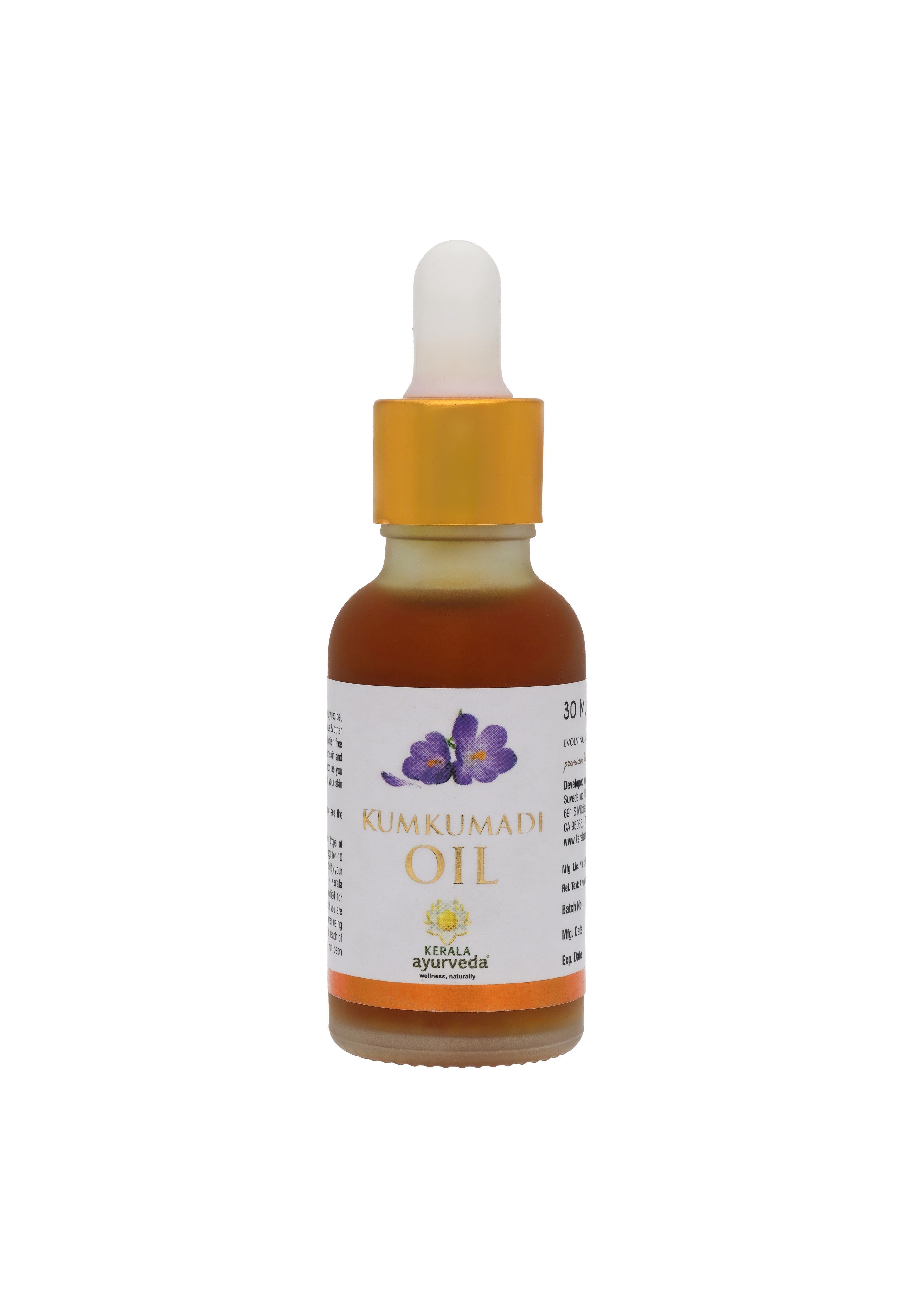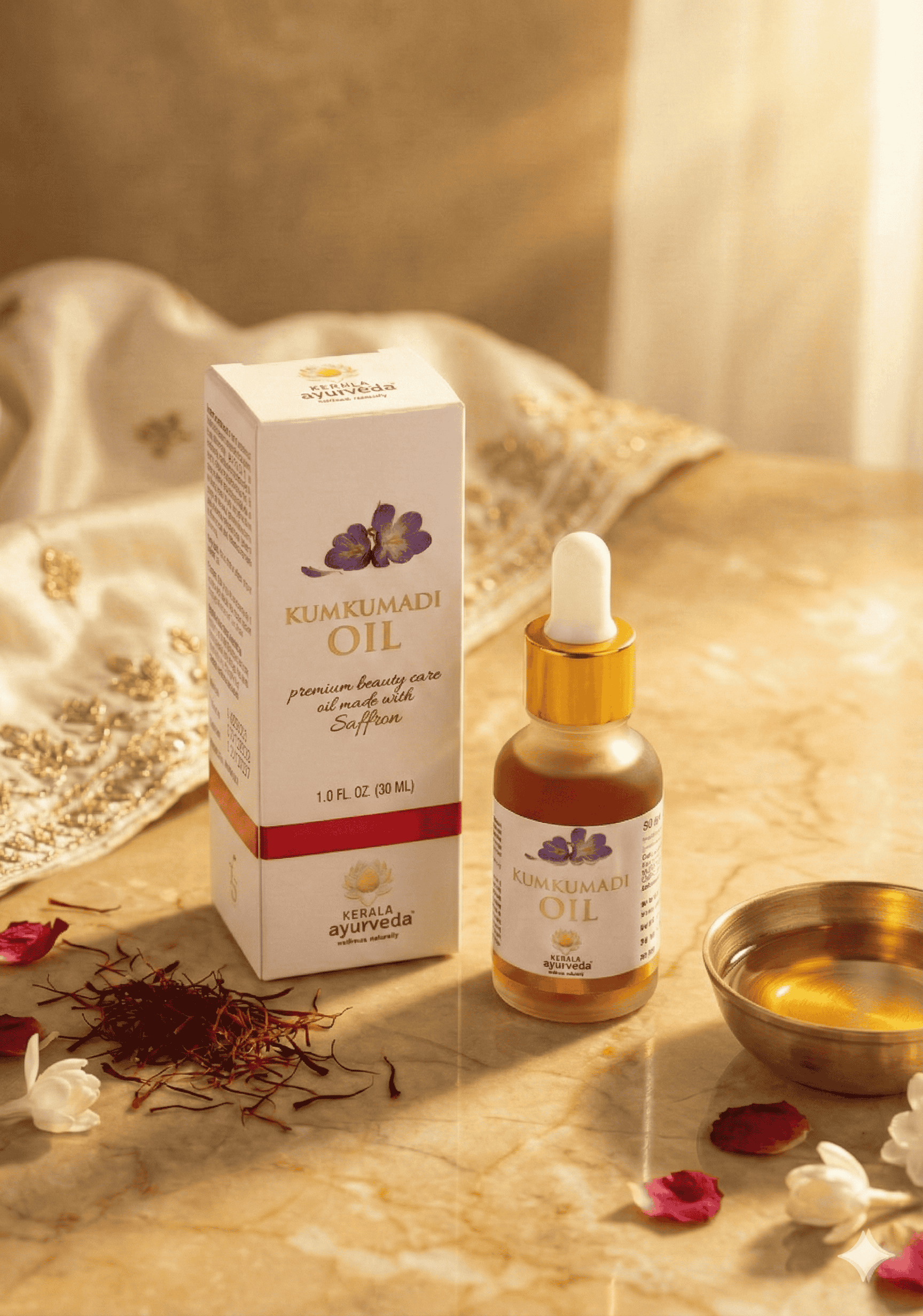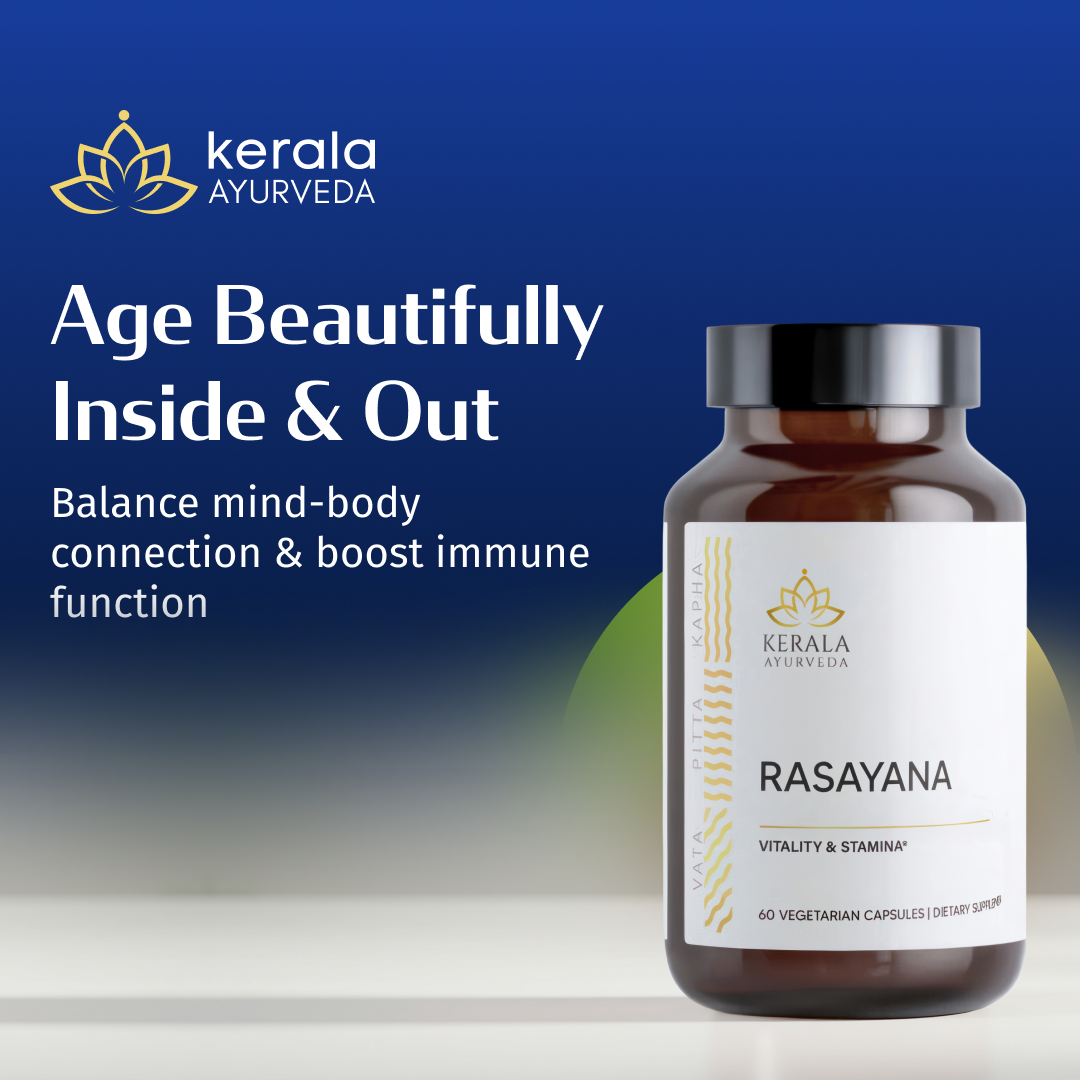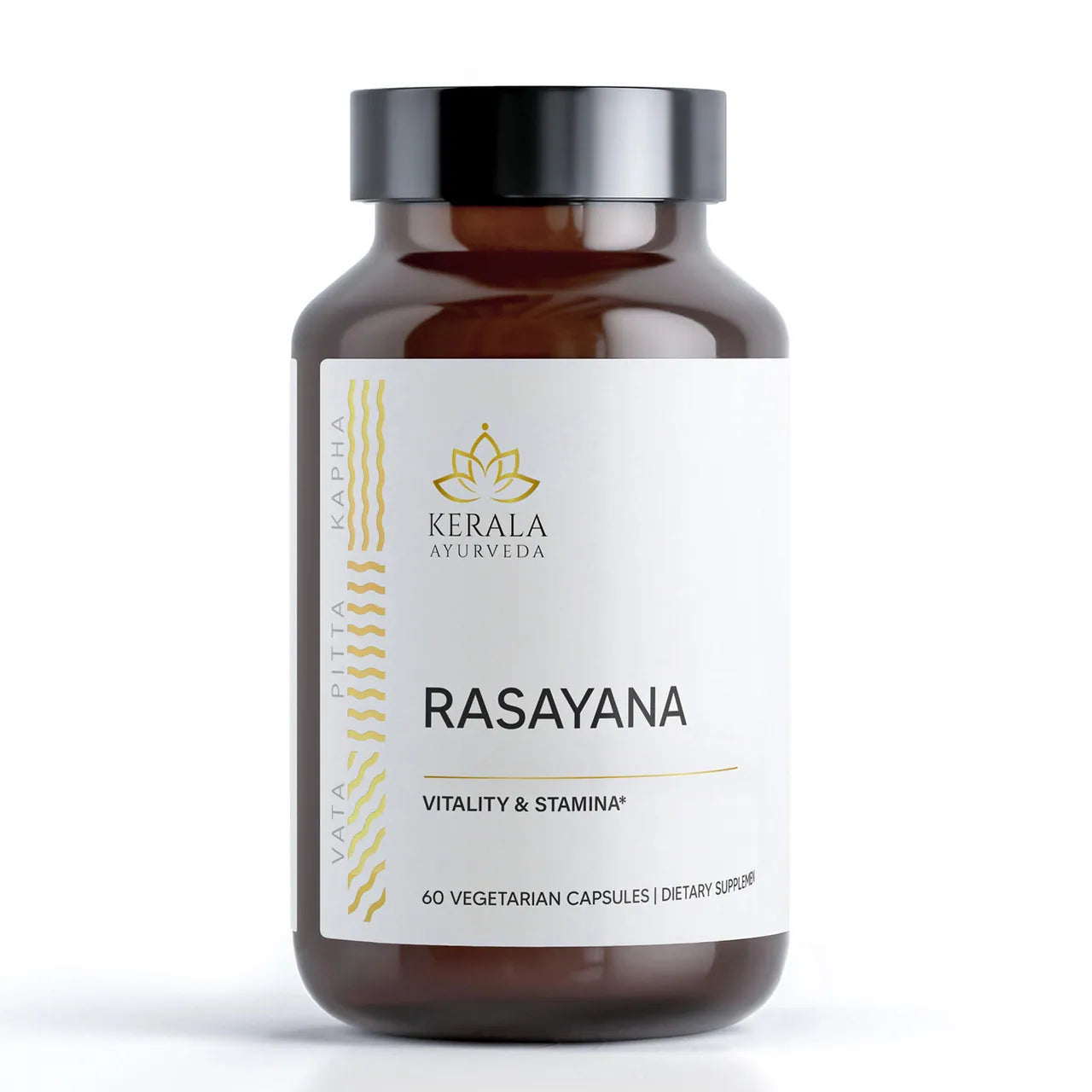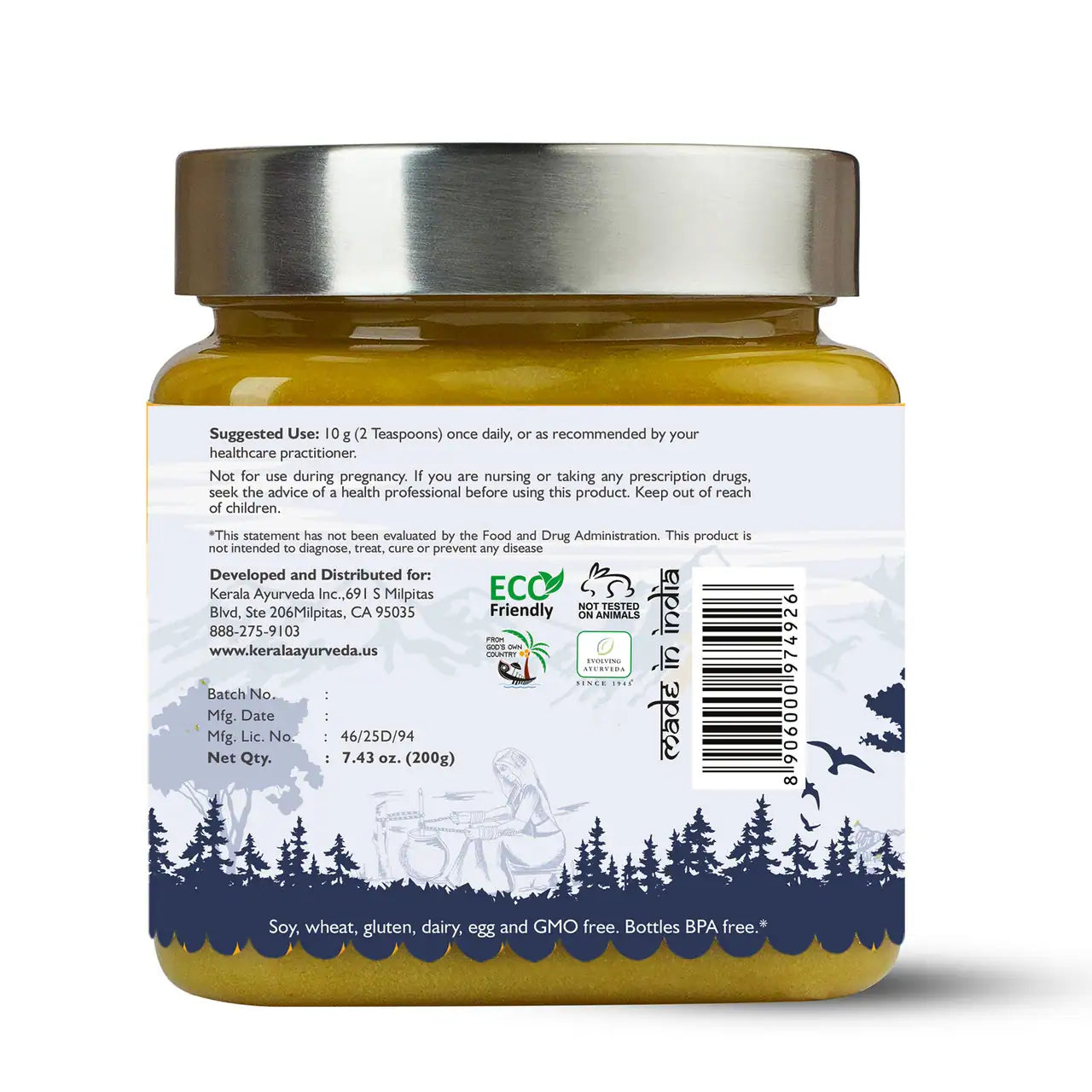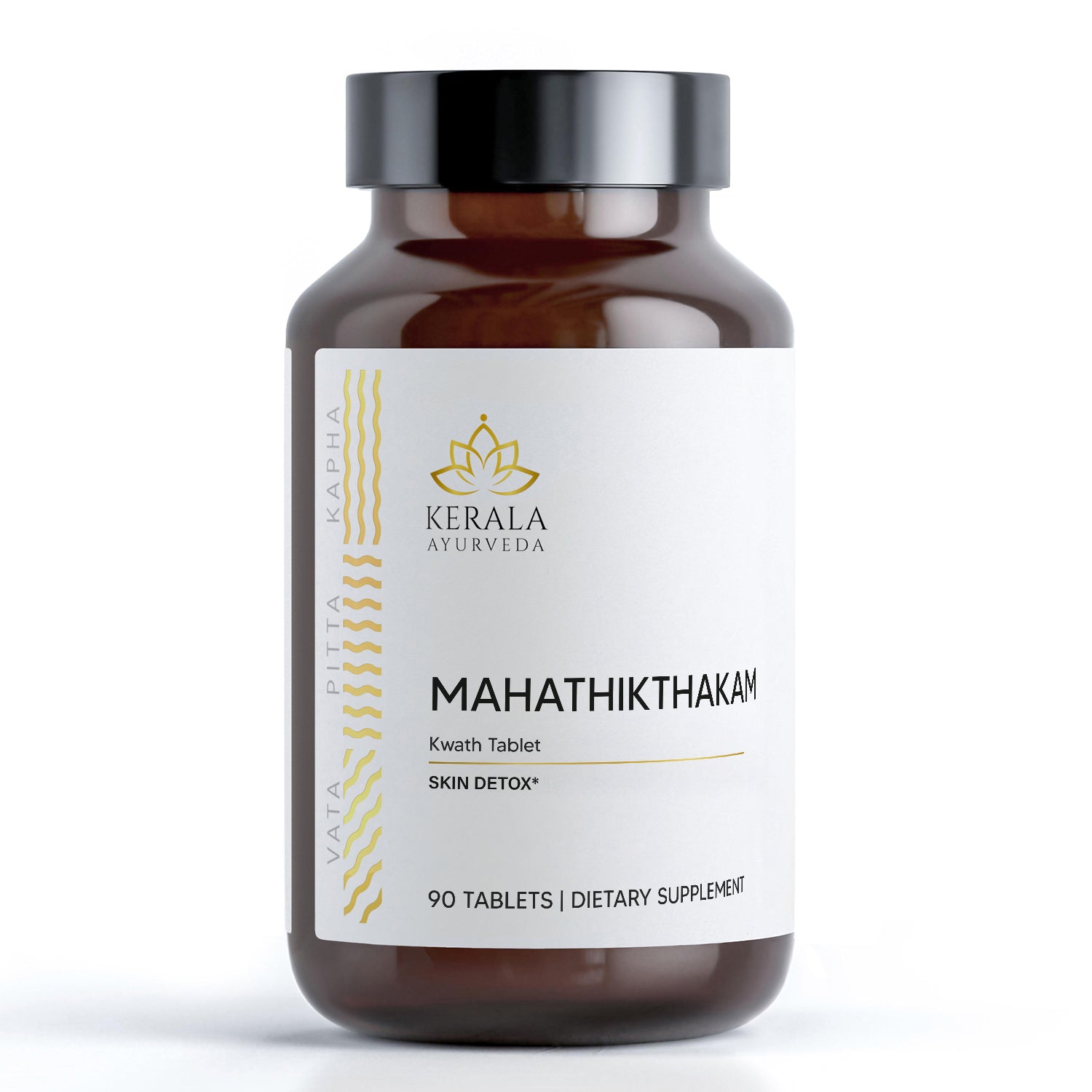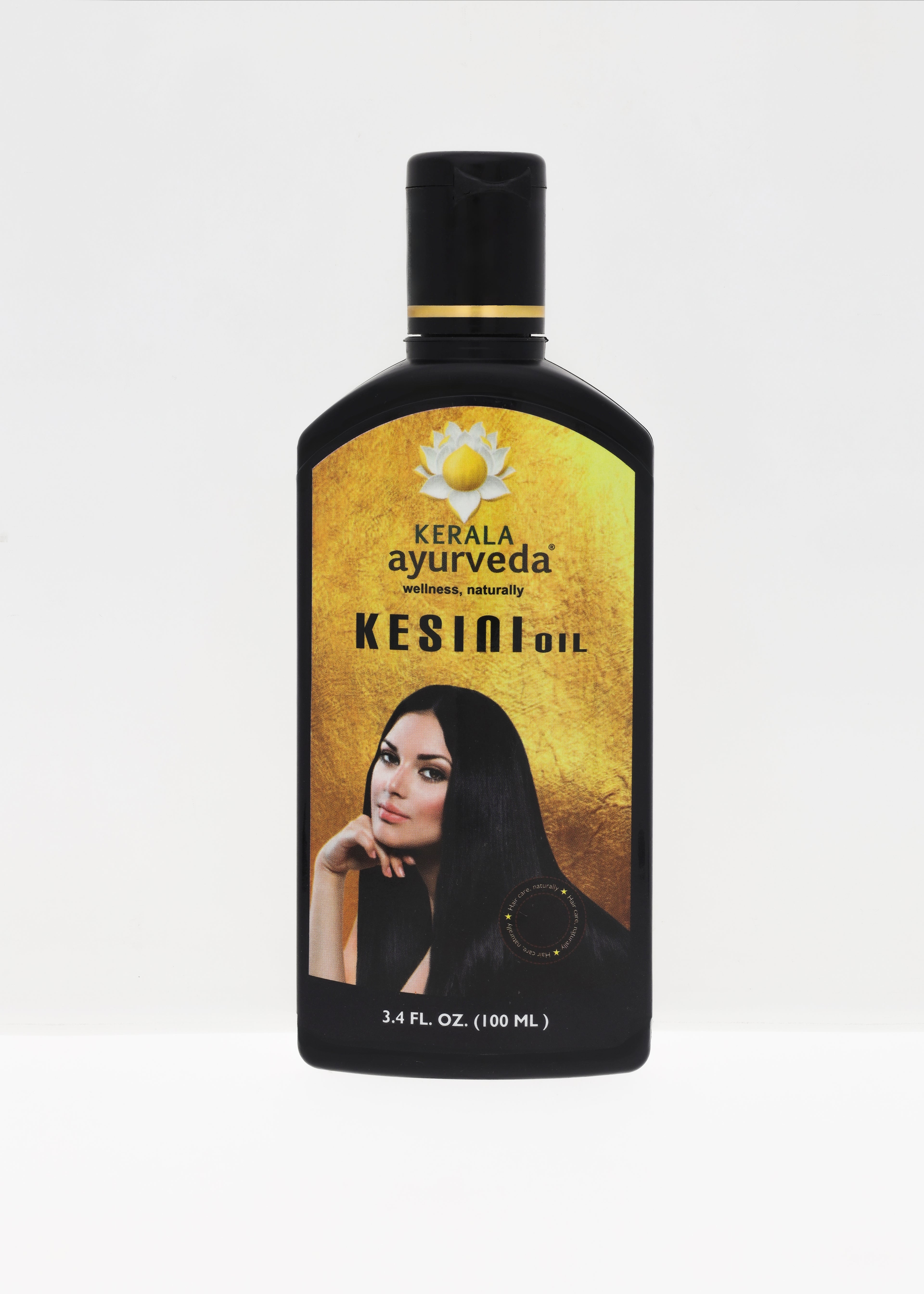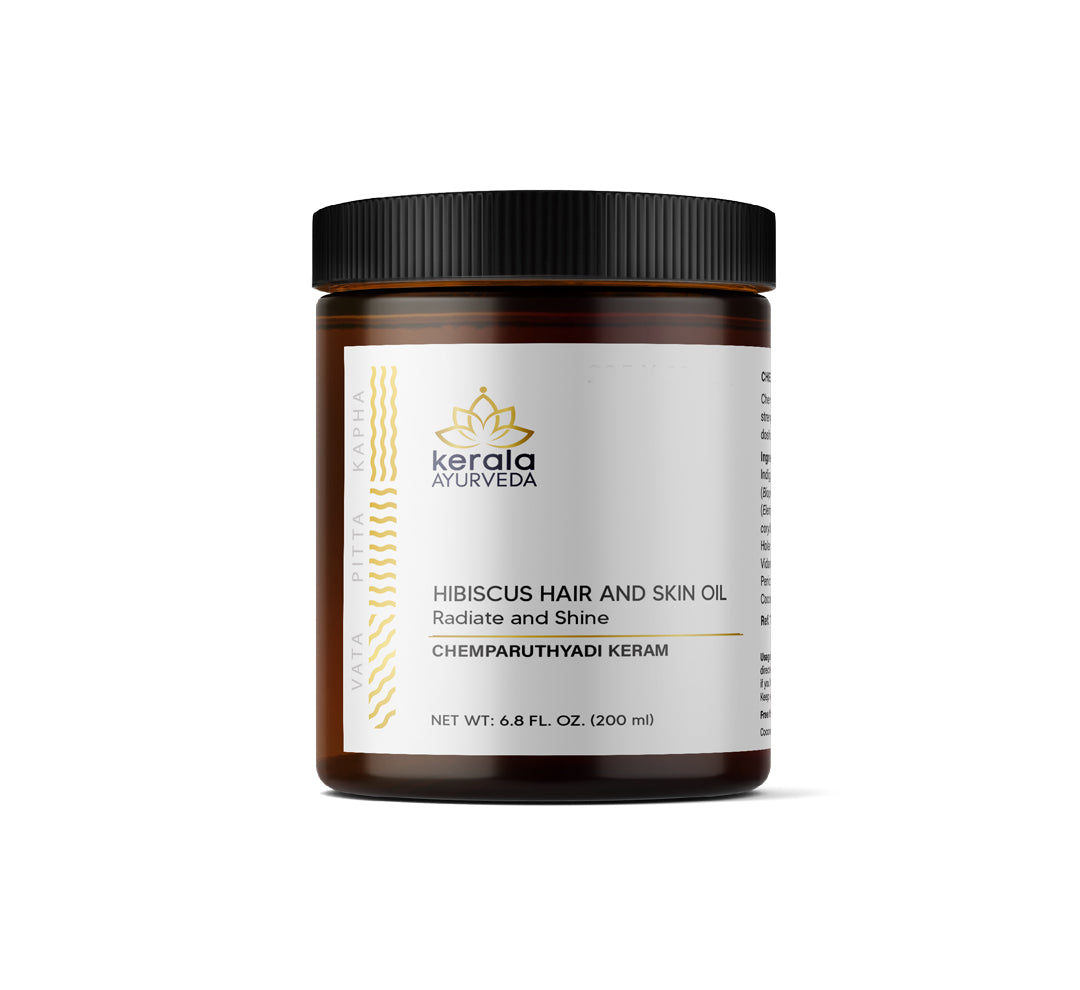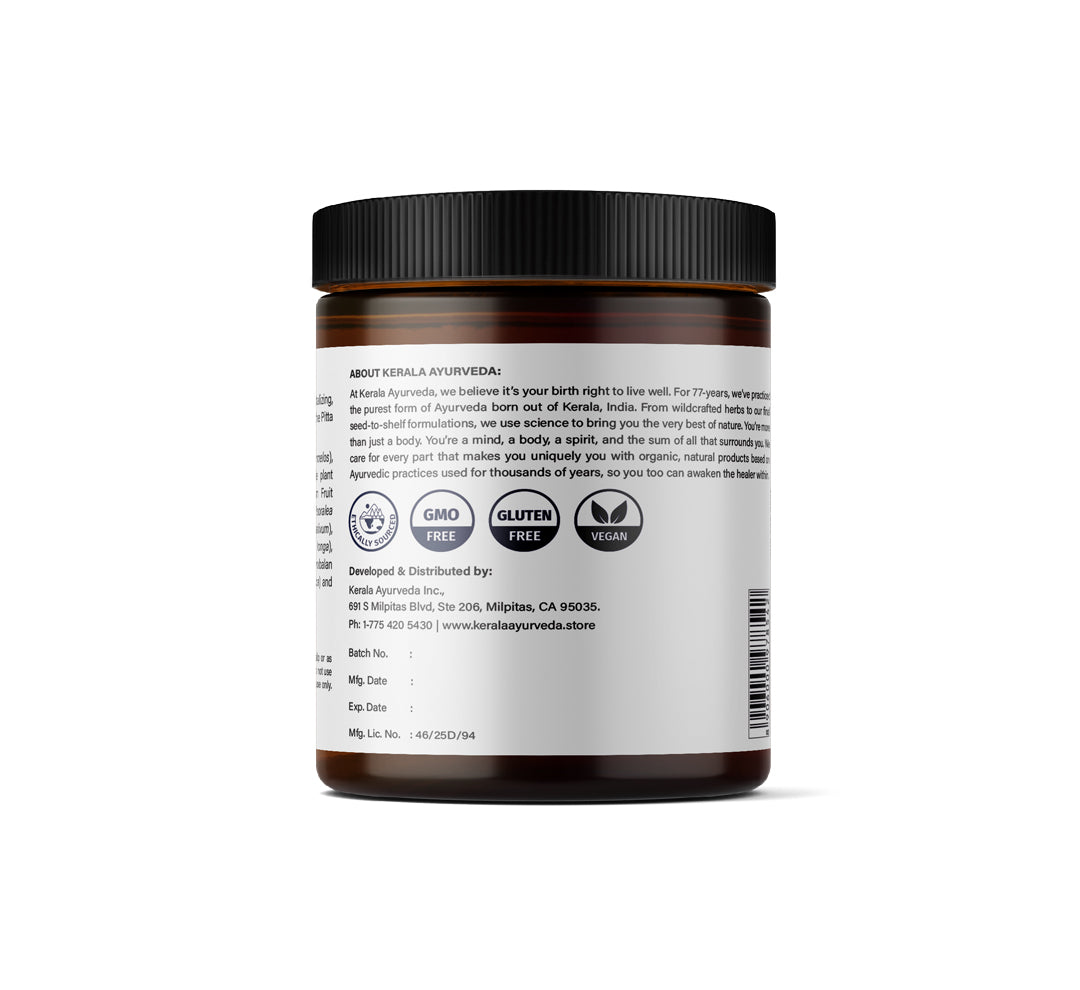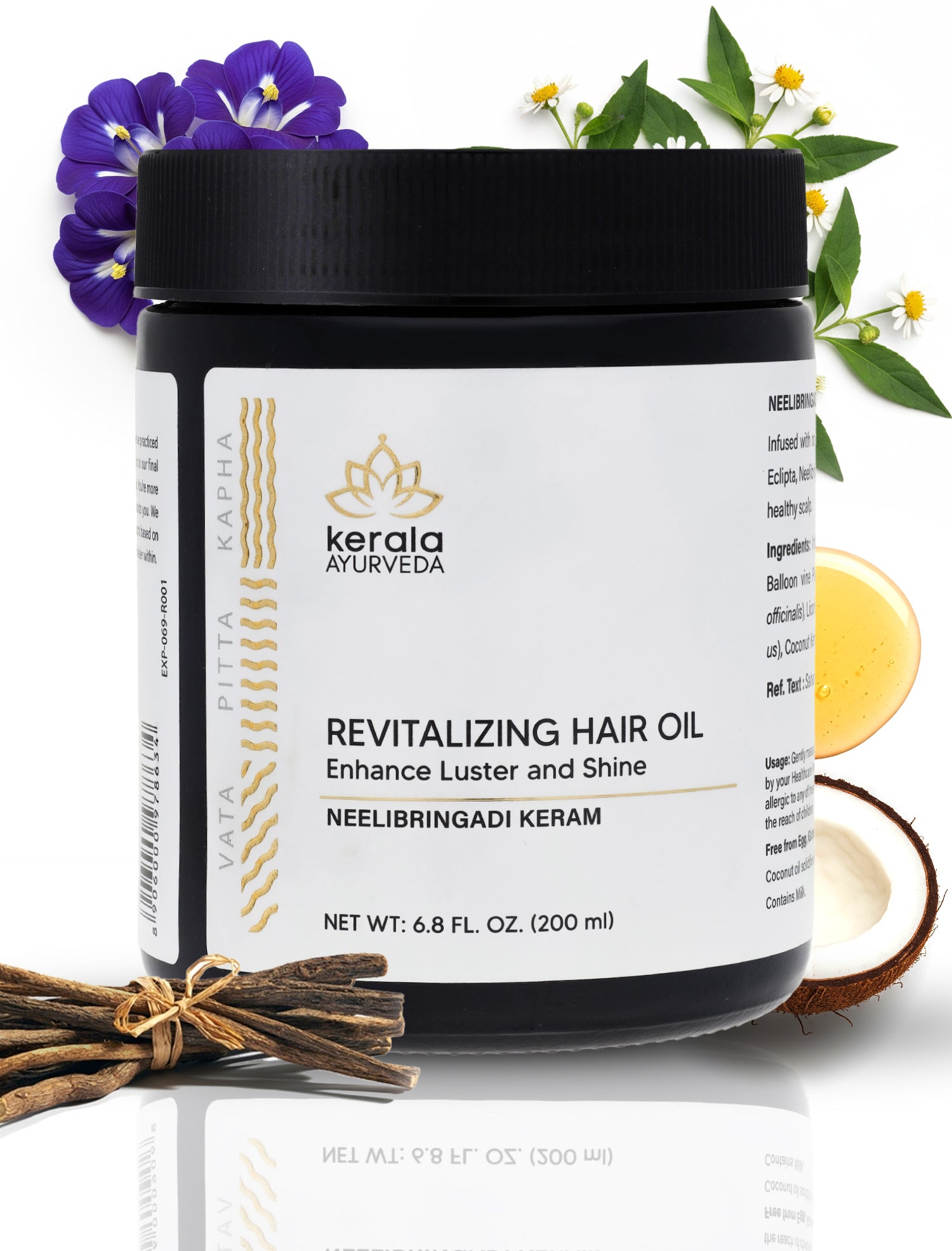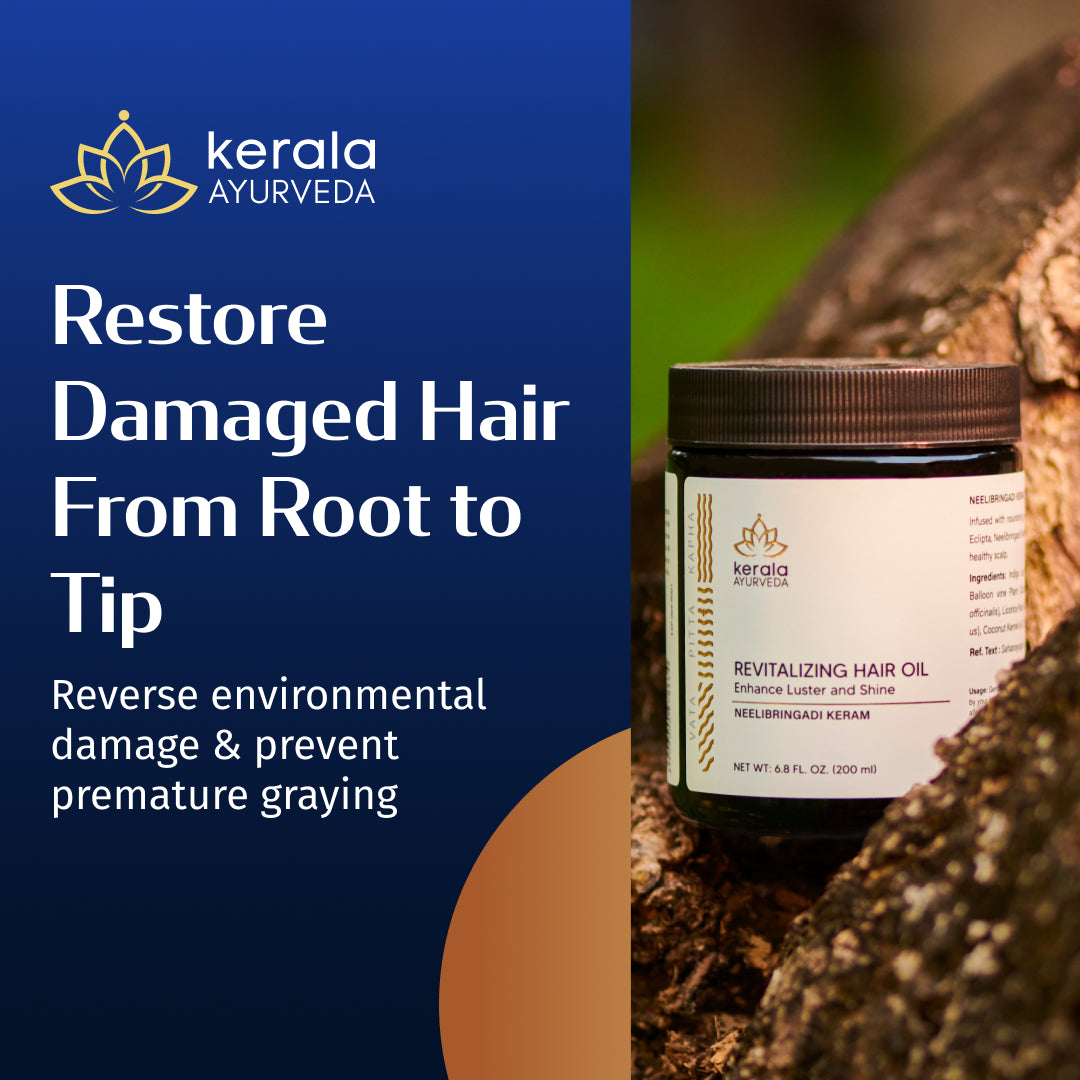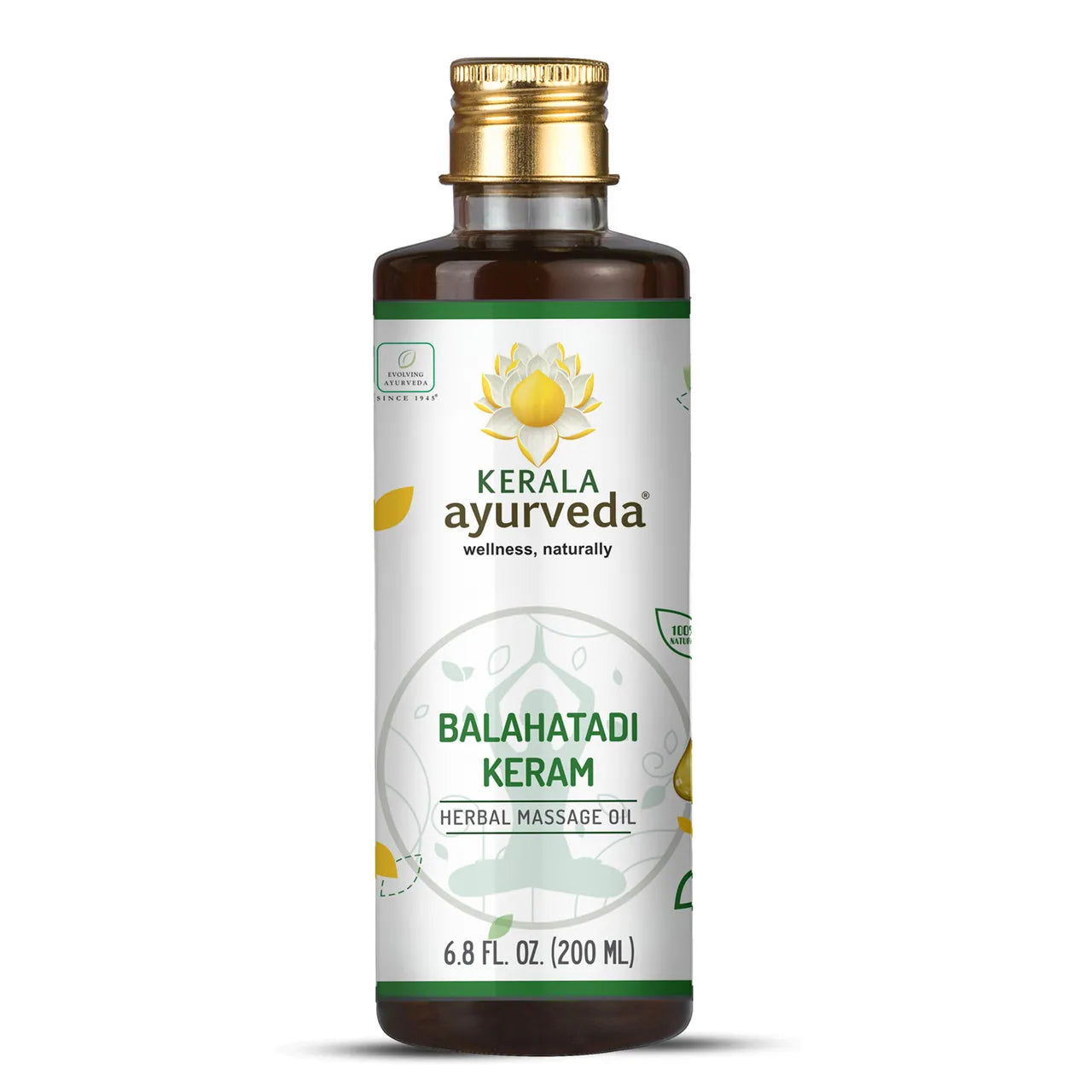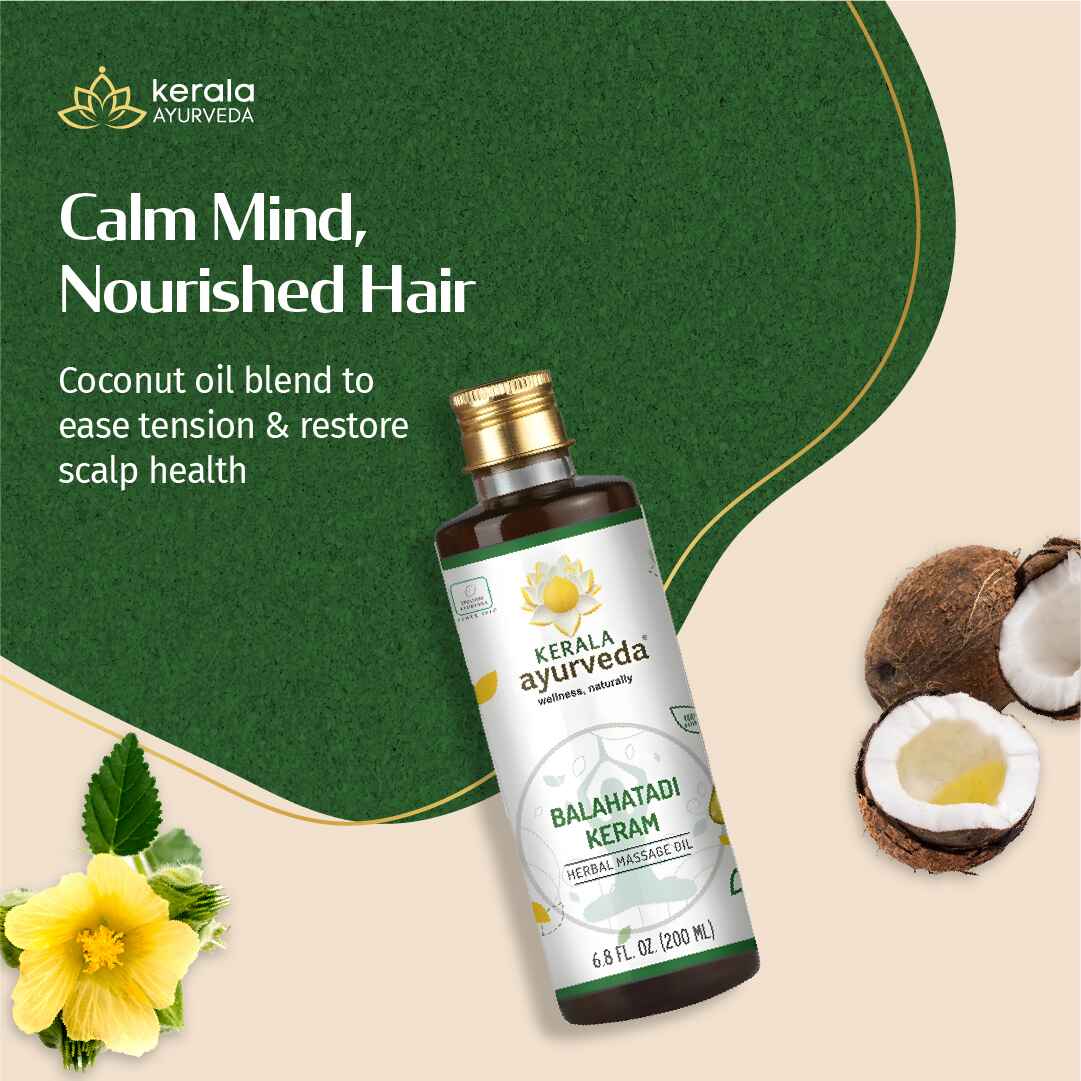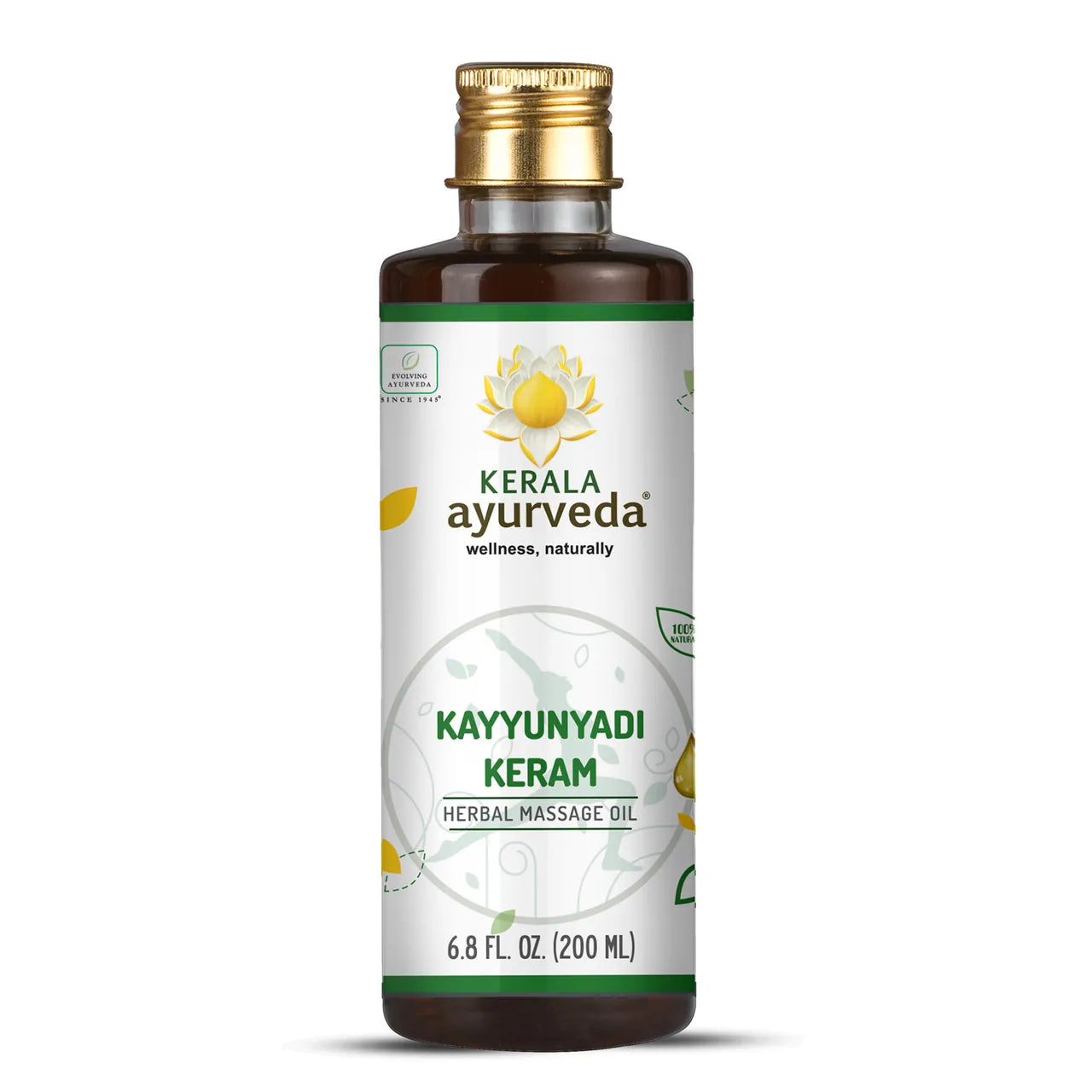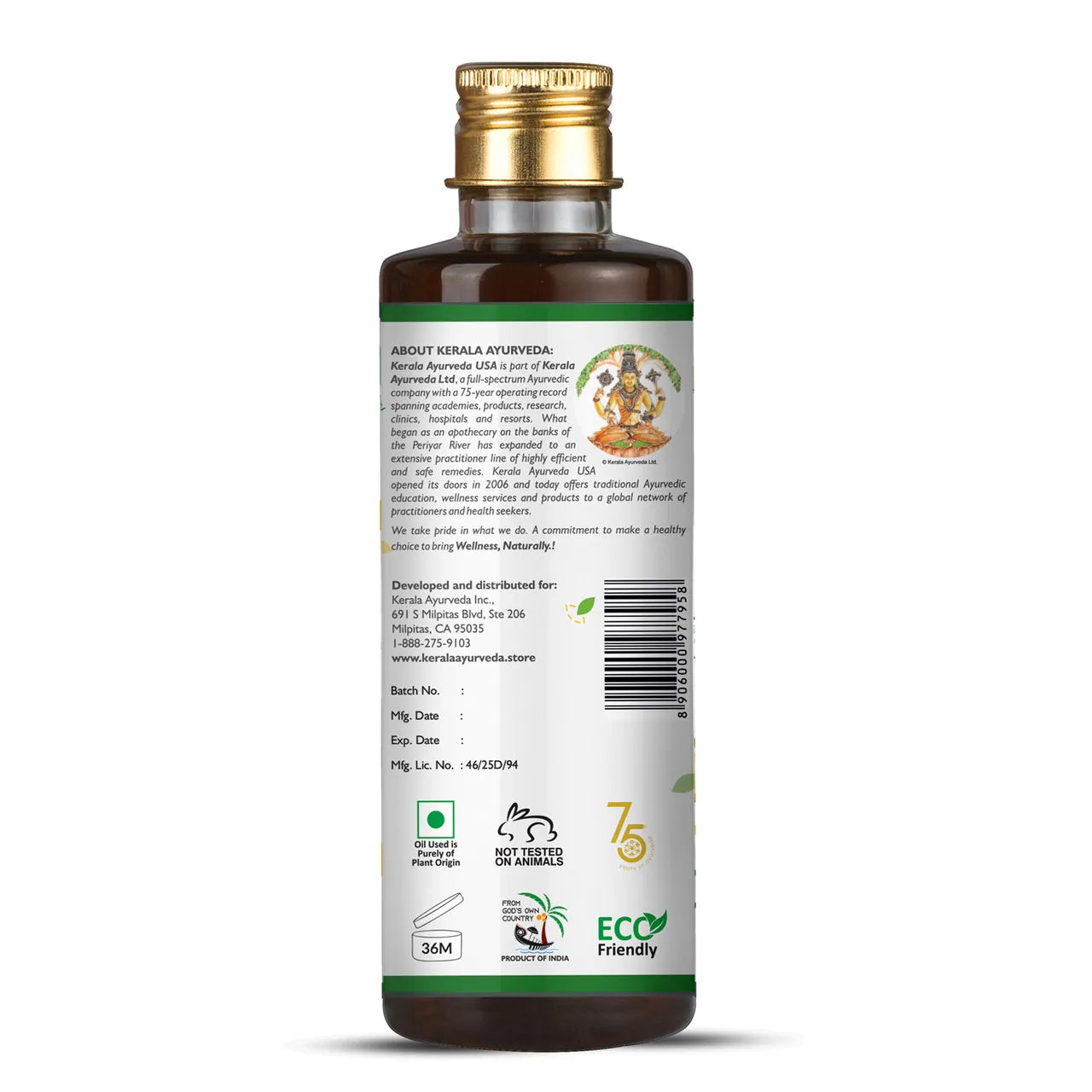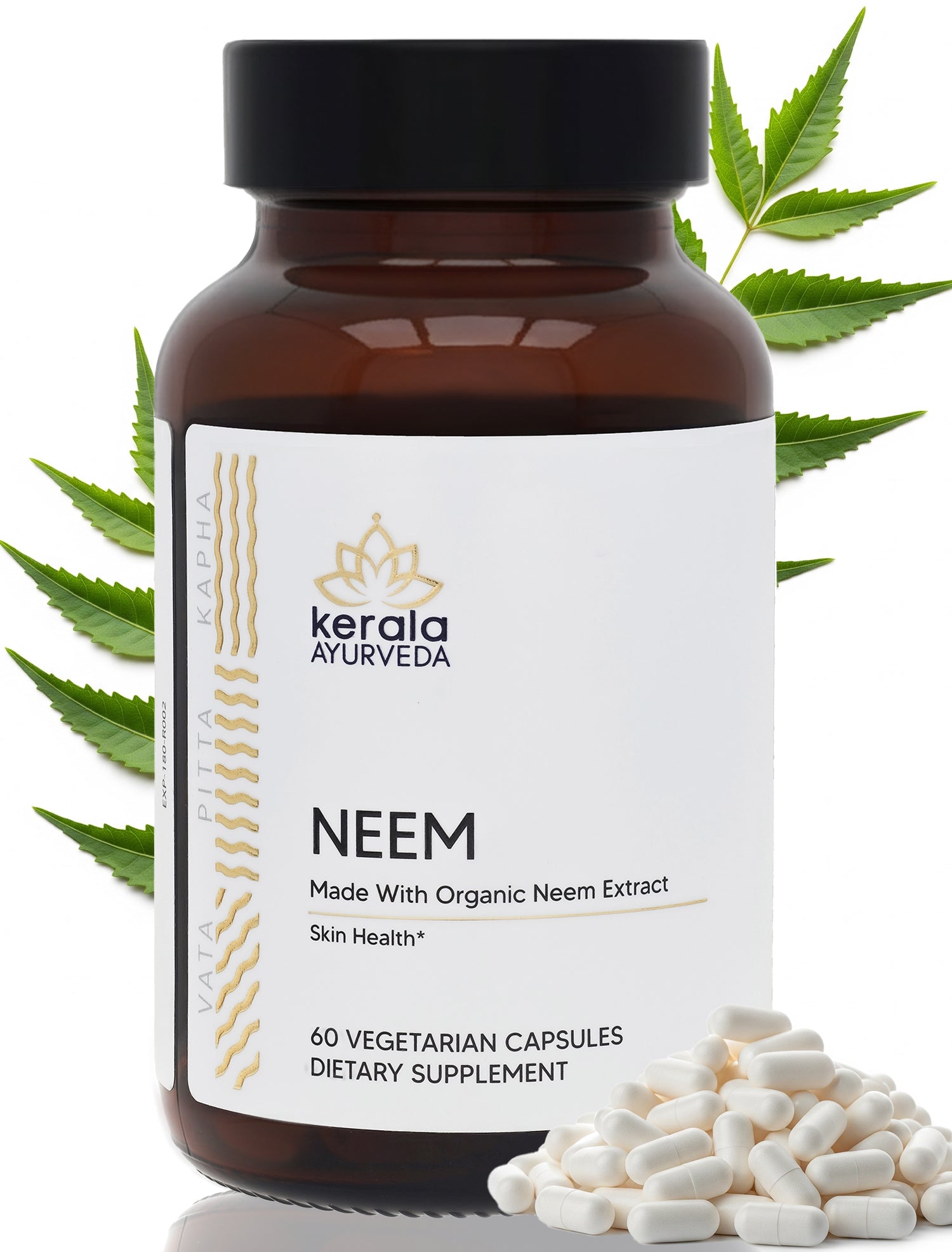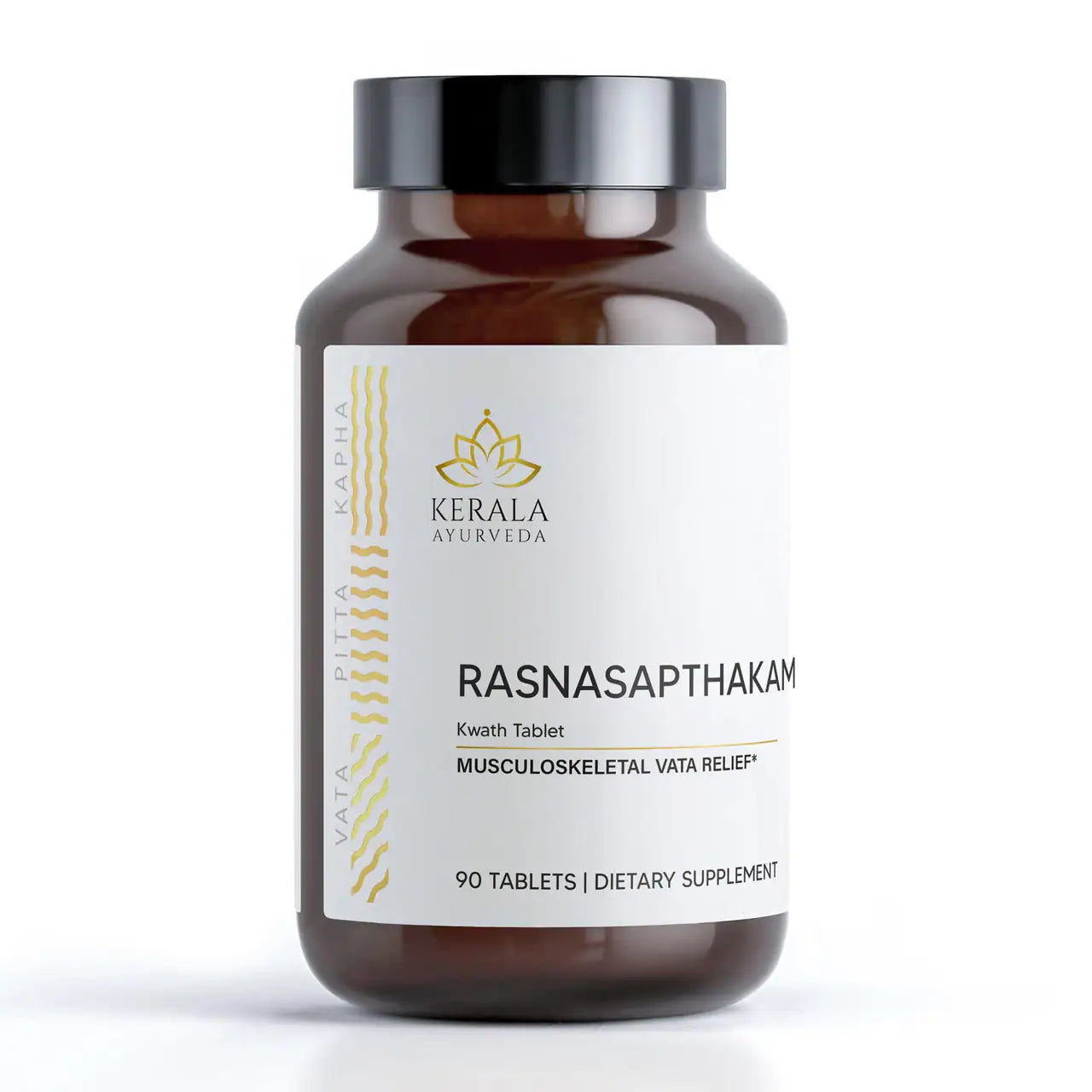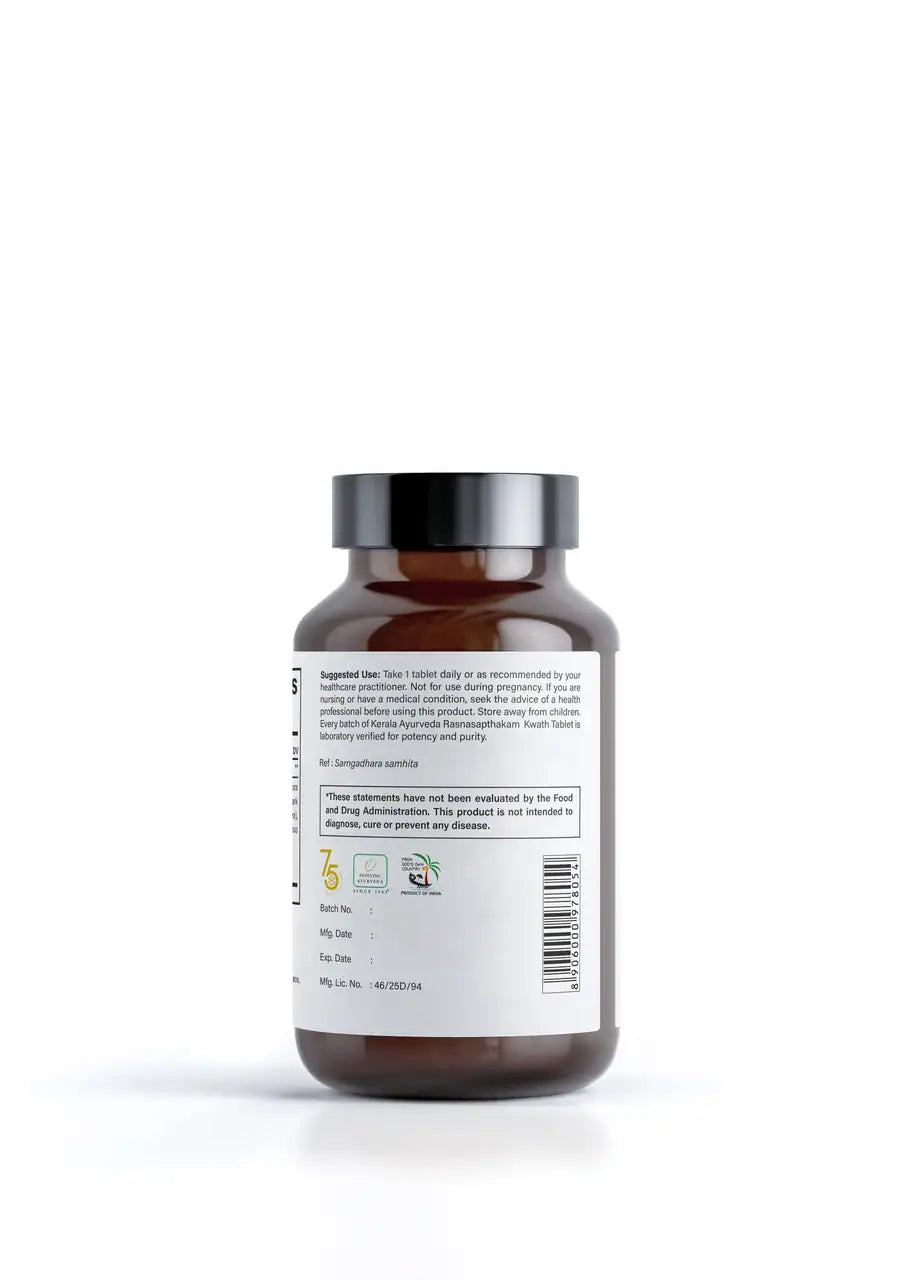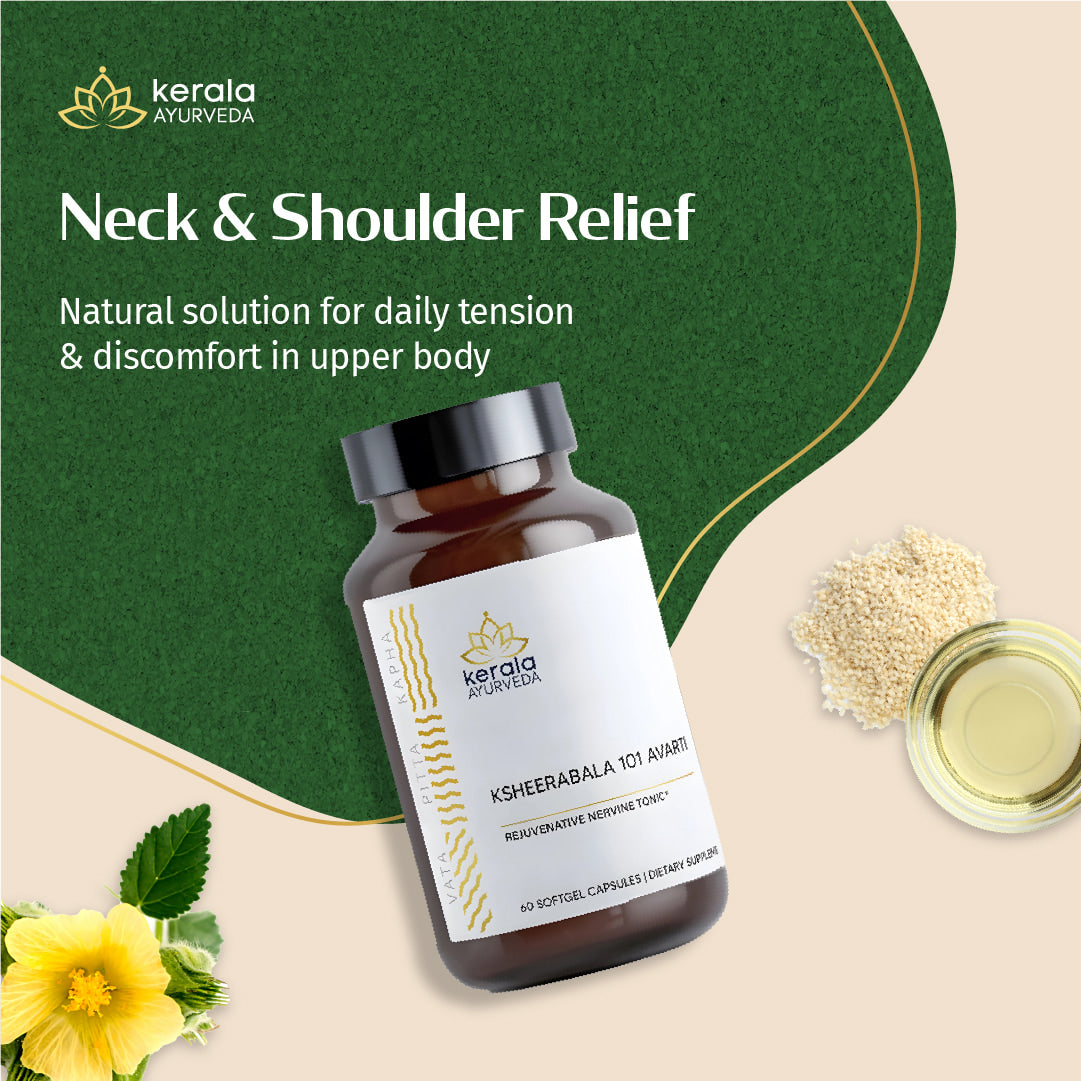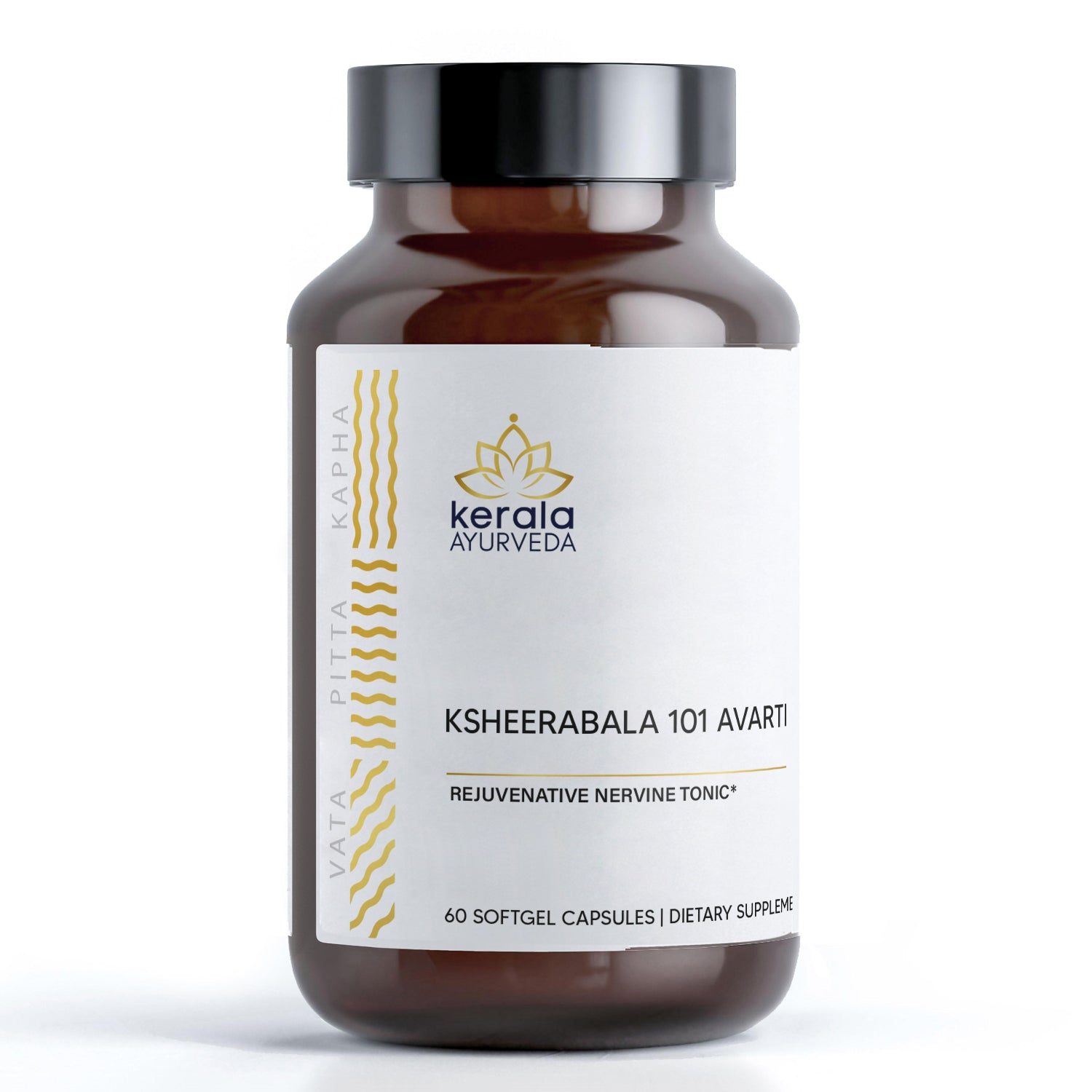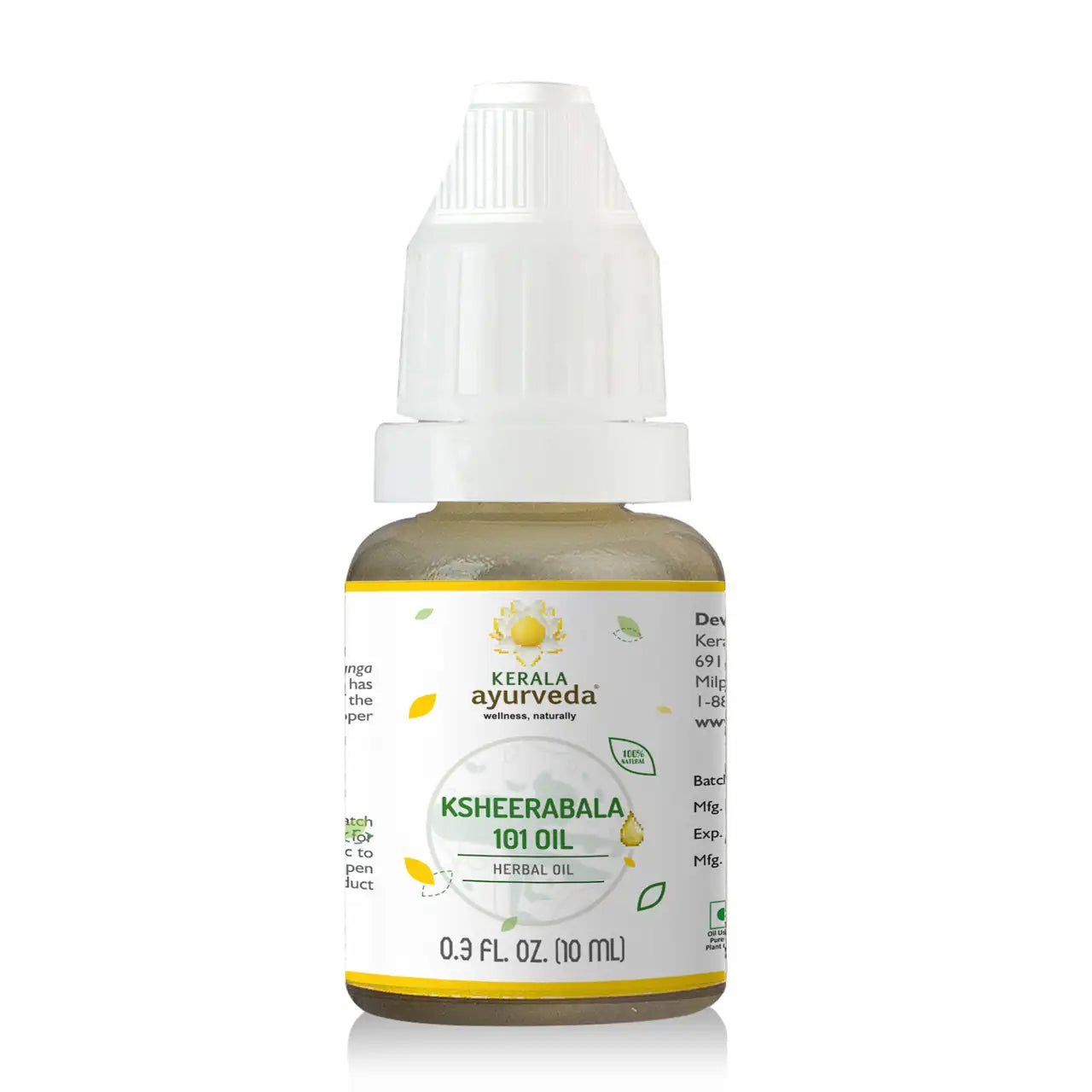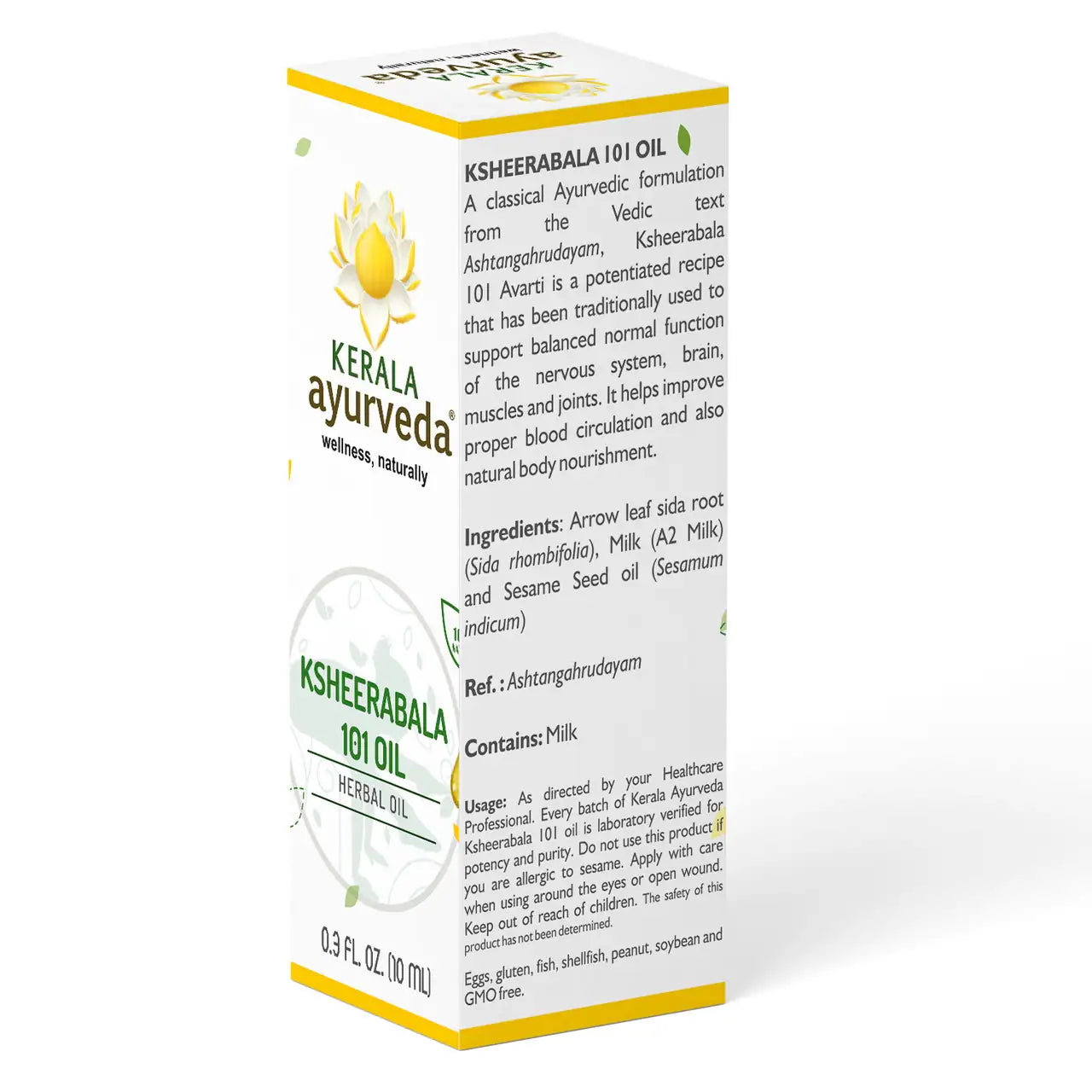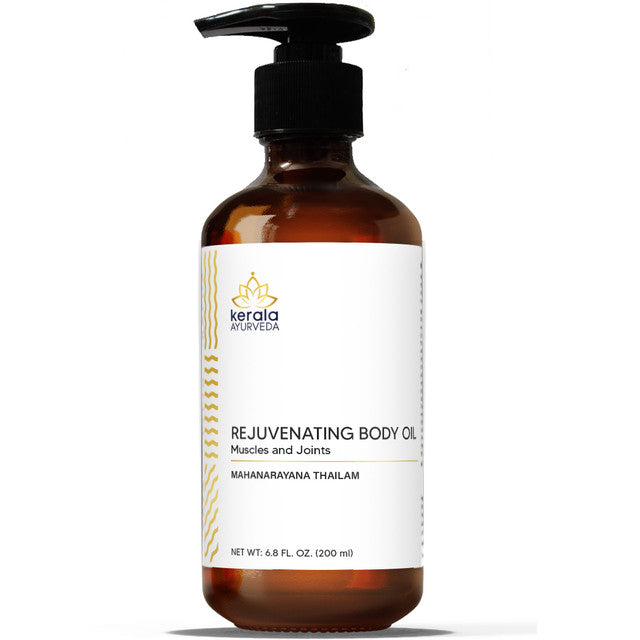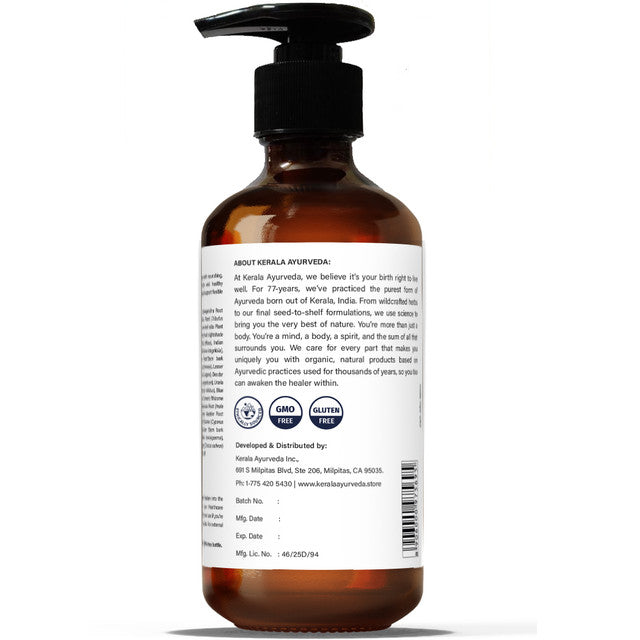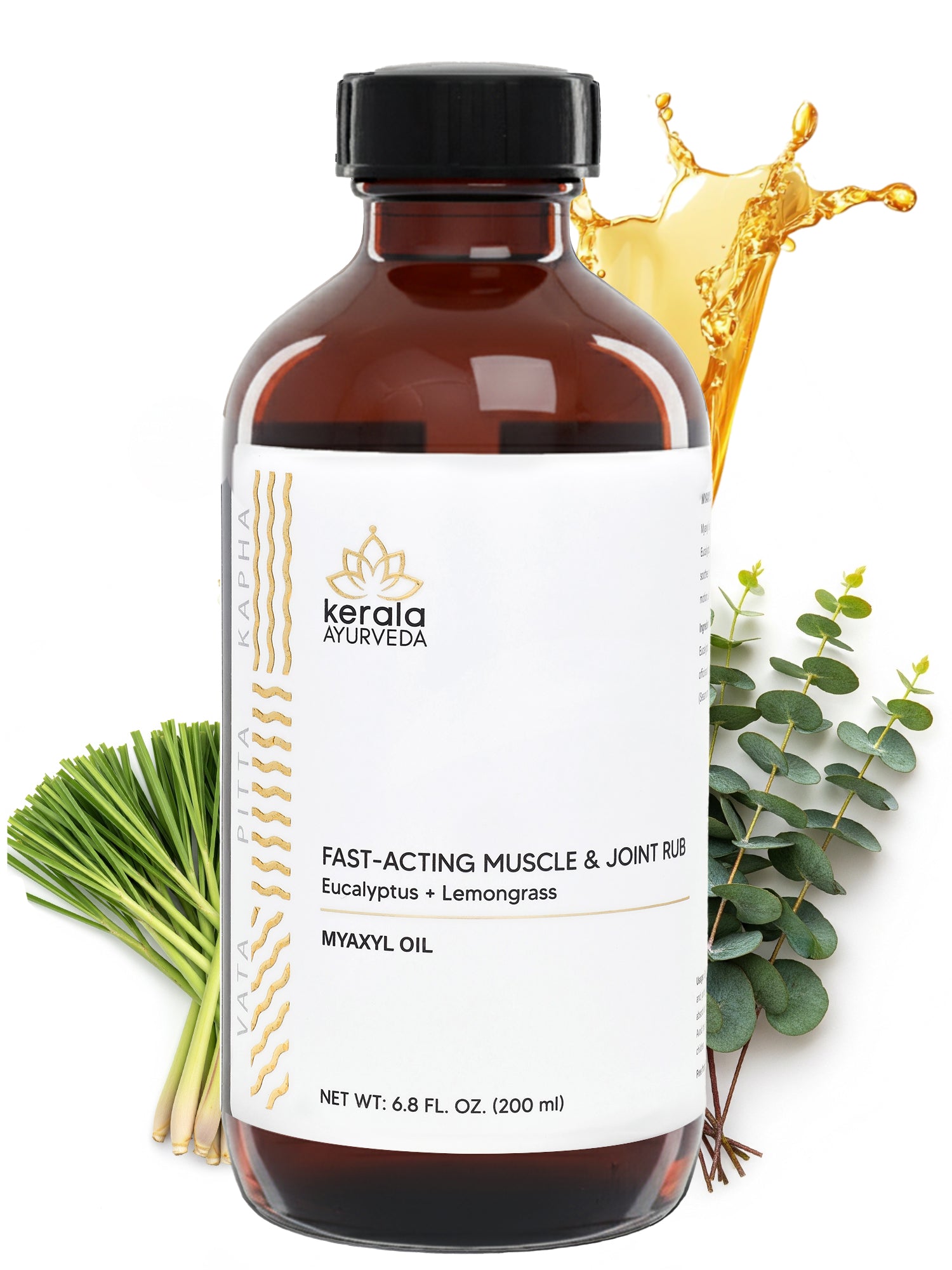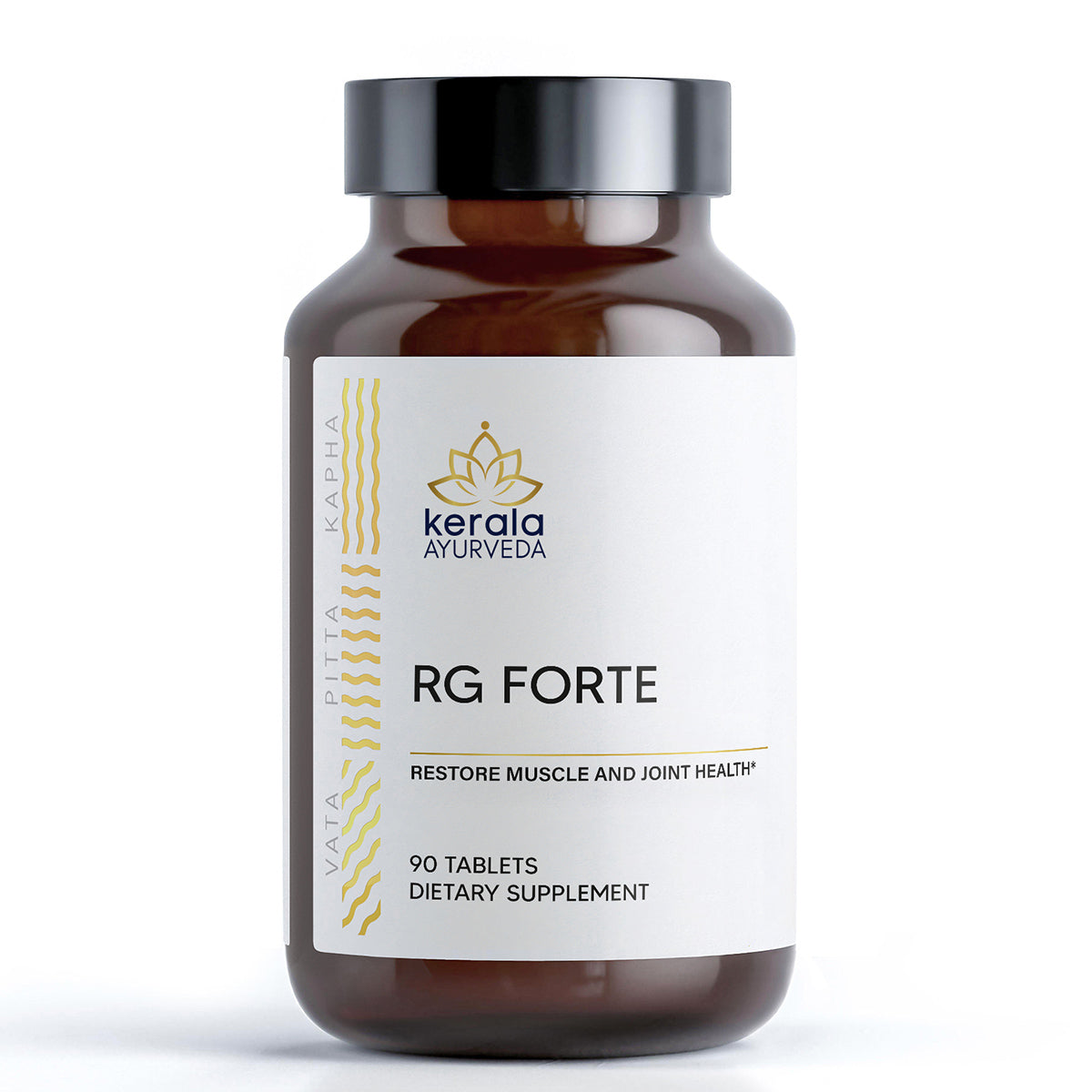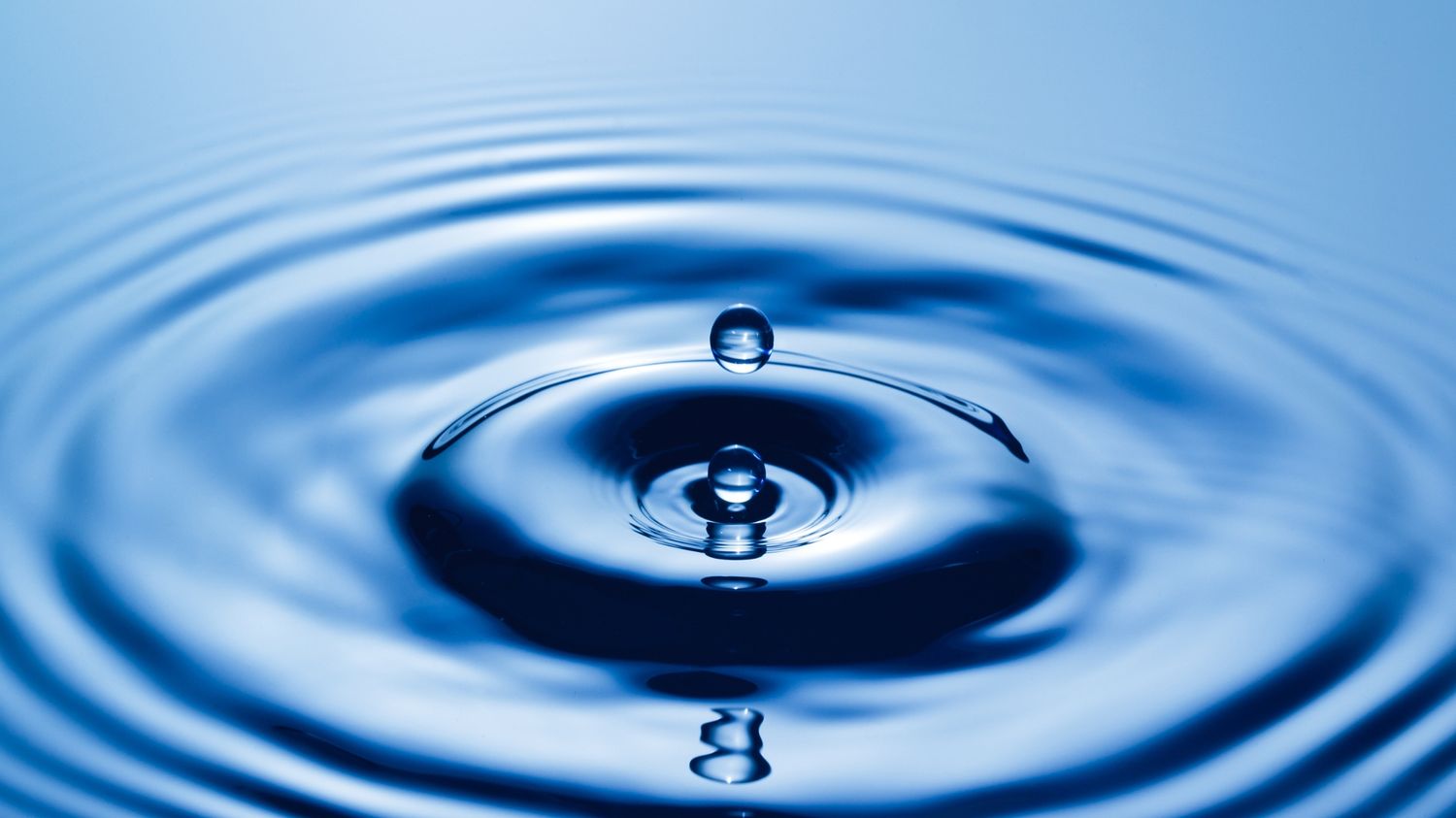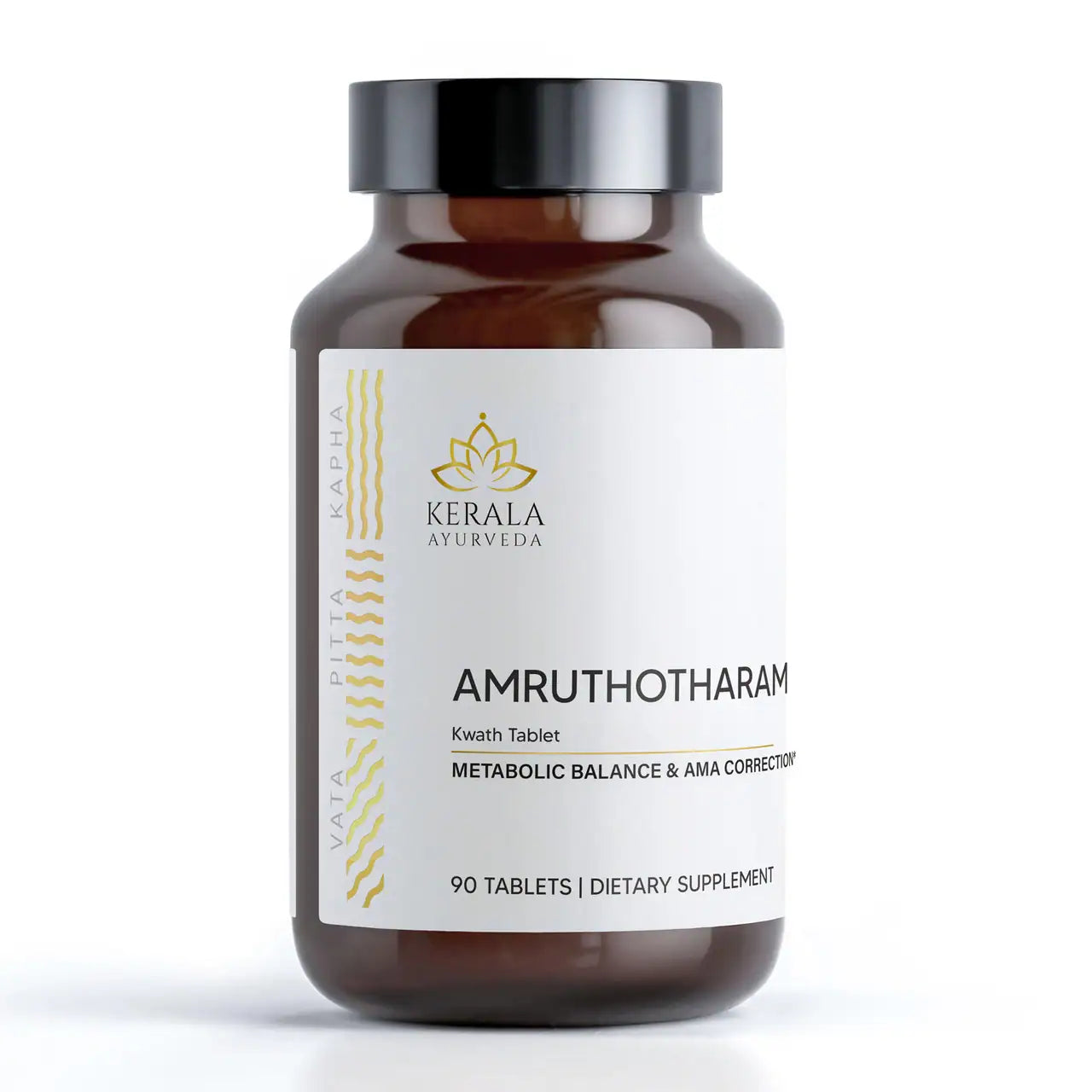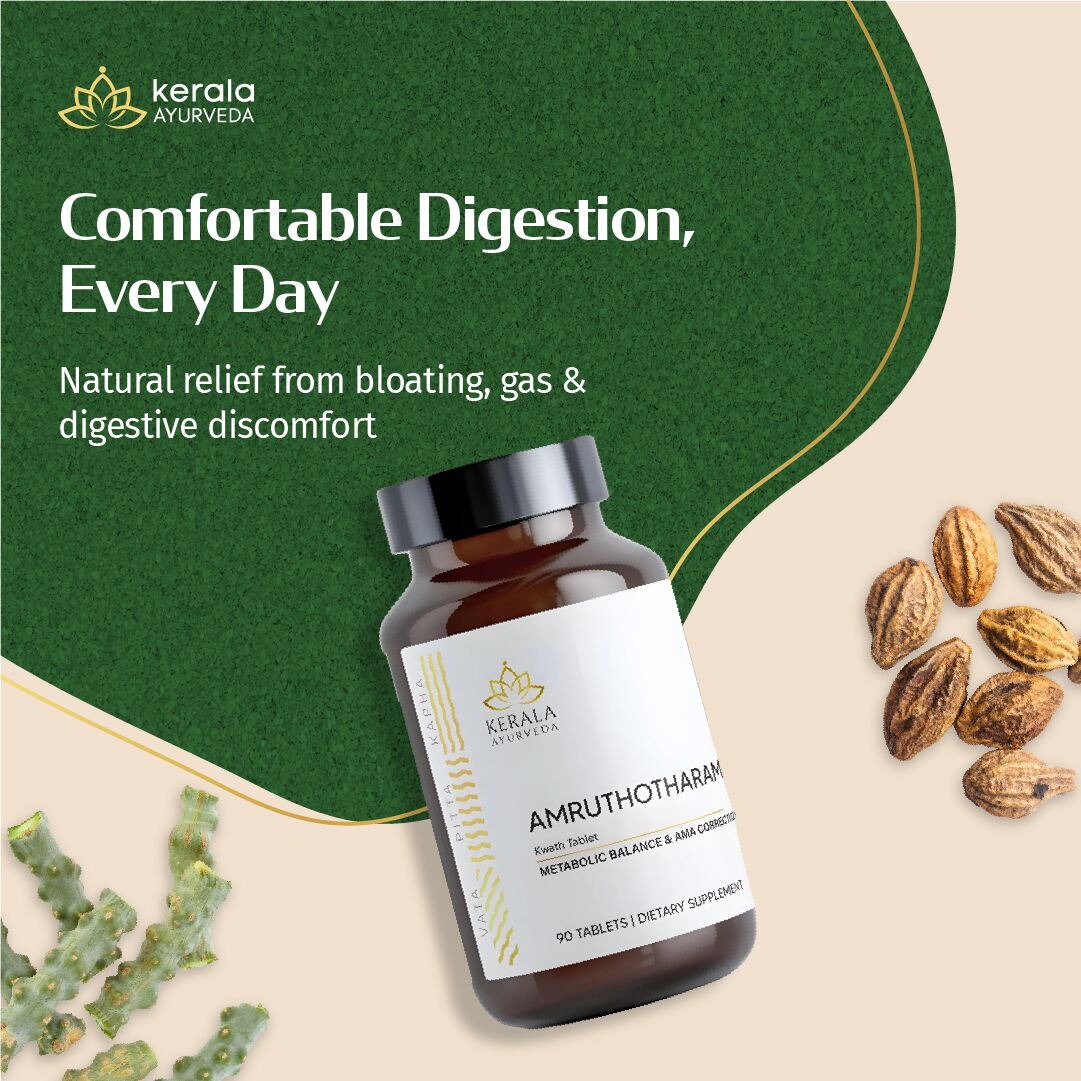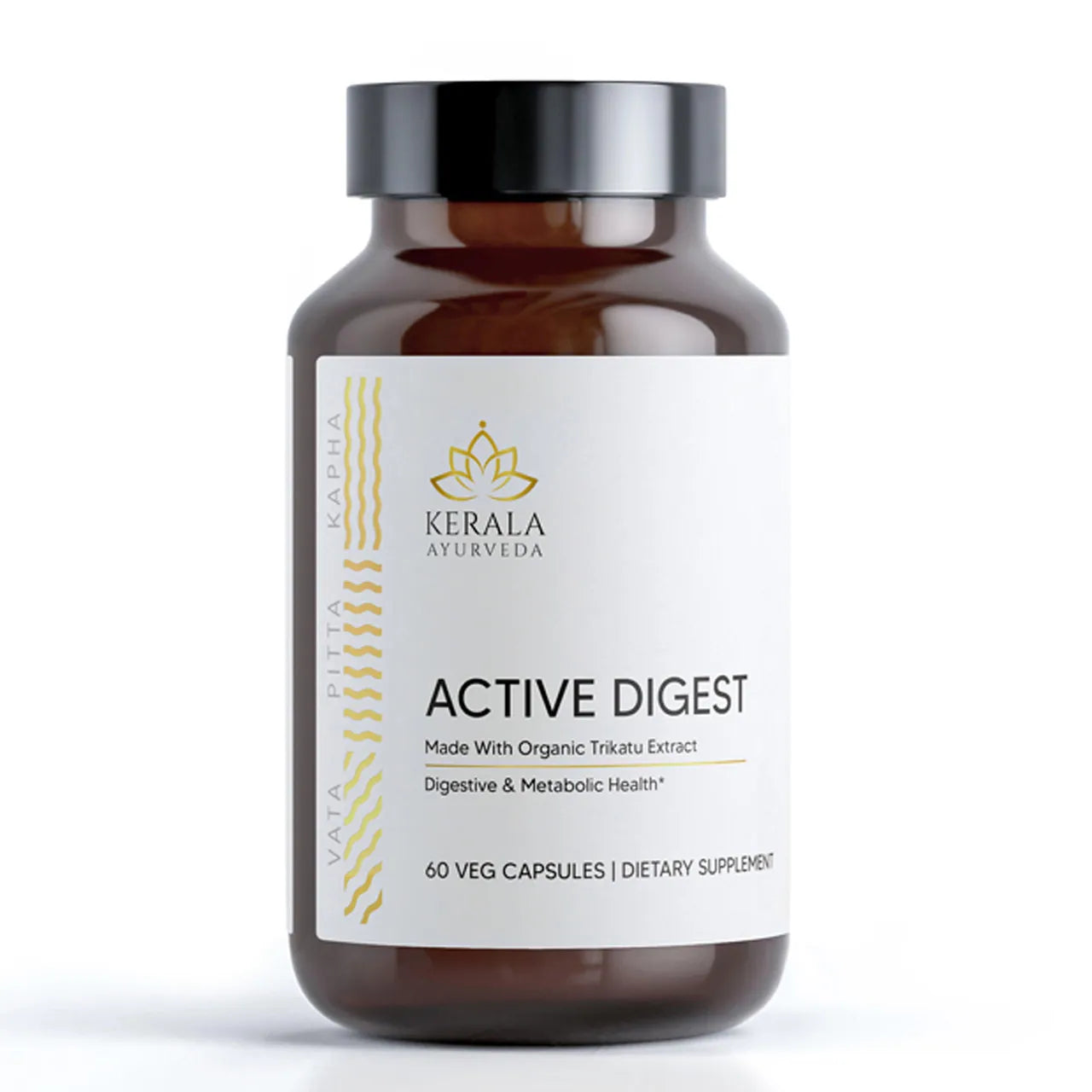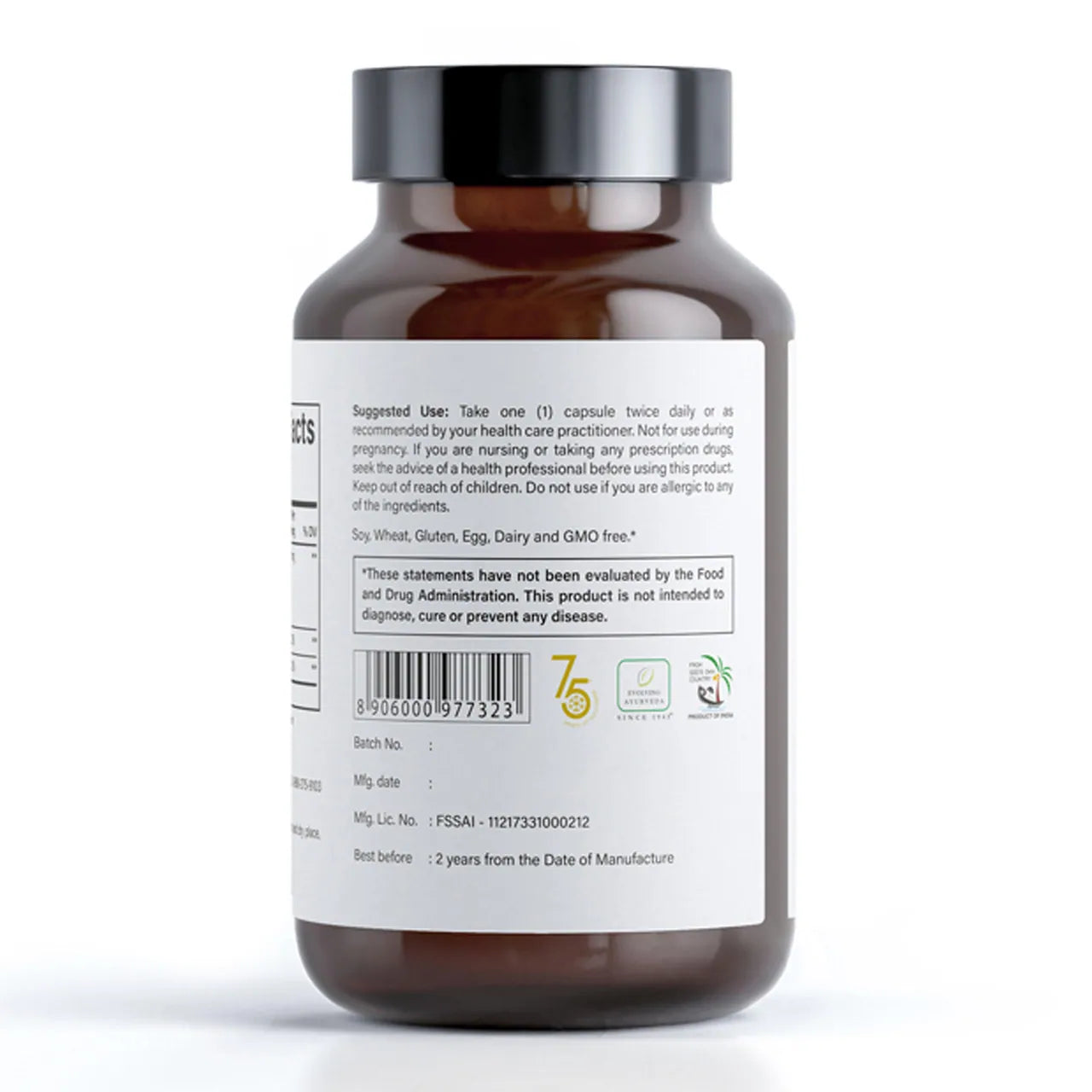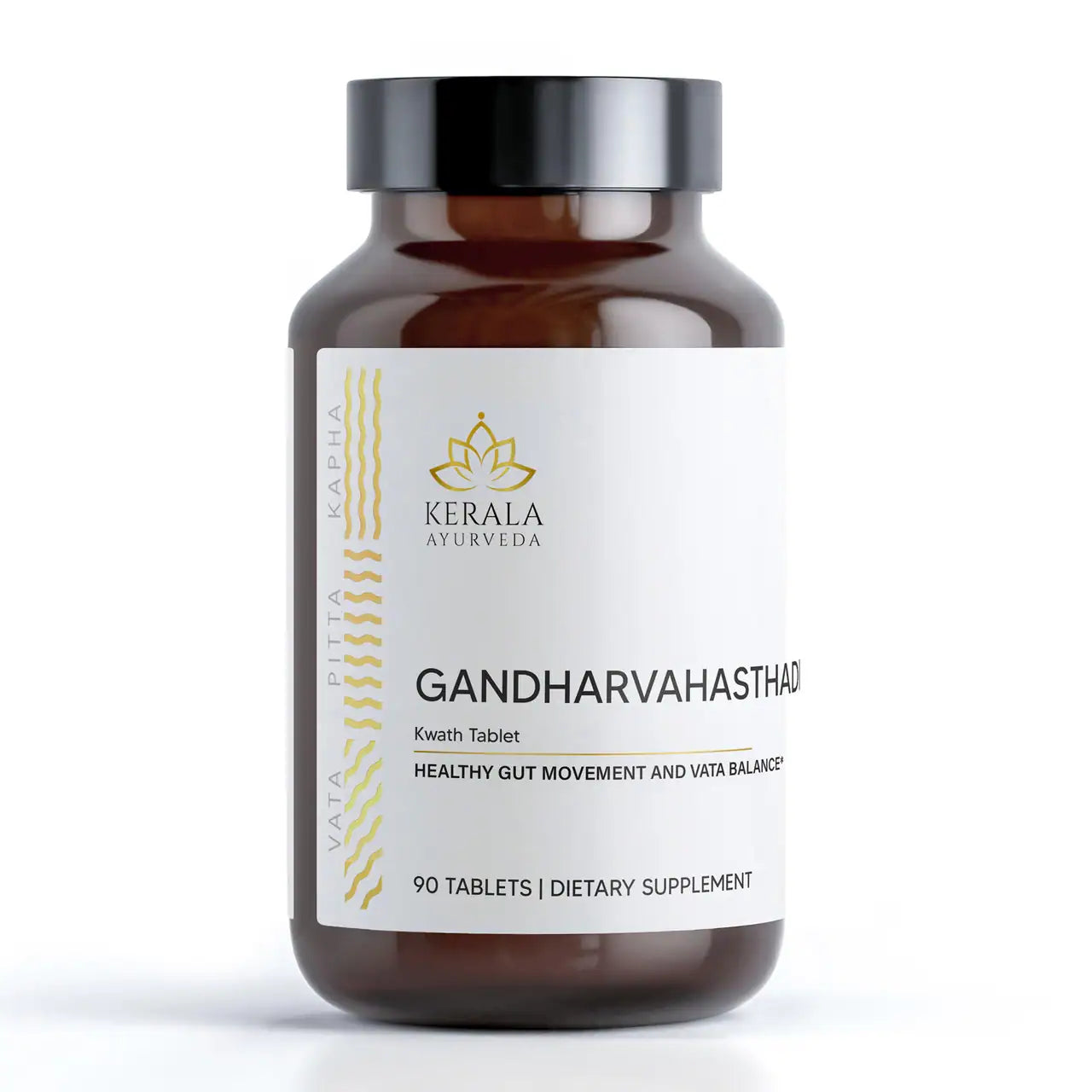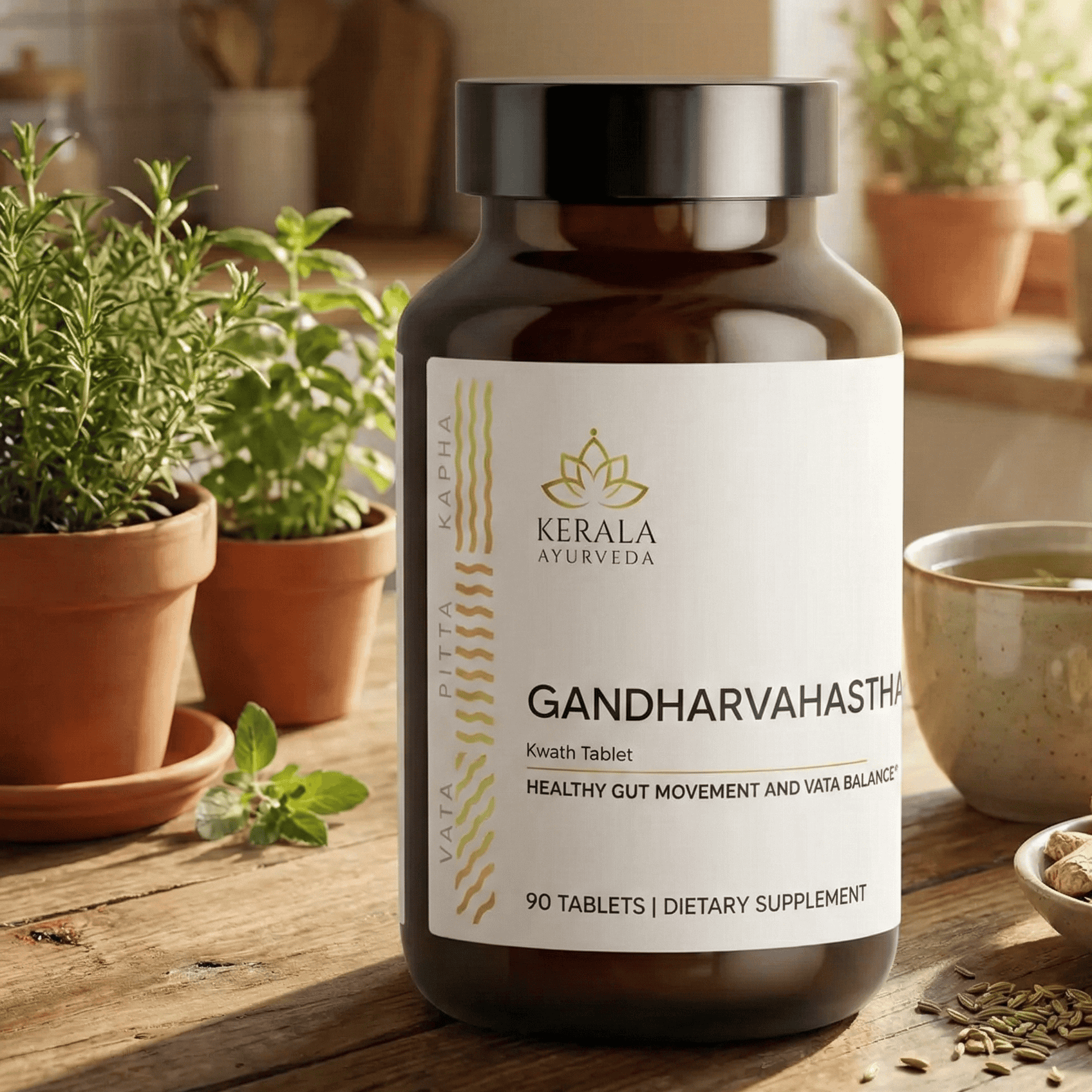Highlights
Water flows through every aspect of our existence. This sacred element nourishes all living beings on earth, from the smallest plant to the mightiest tree, to every creature. It is the universal life force that connects us to the endless web of existence. This sacred element does far more than quench our thirst. Through Ayurvedic understanding, you can transform your relationship with water into a profound practice of wellness. This guide unveils the timeless secrets of sacred hydration, showing you how to honor water as the life giving force it truly is.
Understanding Water's Essential Role in Your Body

Water forms the very foundation of your existence, comprising over 70% of your body and residing in every single cell. Just as you cannot survive without oxygen, water serves as the most critical ingredient for all life processes within you.
Water's Three Essential Bodily Functions: Our bodies depend on water for three fundamental functions that maintain our physical integrity: providing adherence between cells, lubrication for smooth bodily function, and creating coherence that holds our body components together. These qualities ensure the structural integrity of everything from your organs to your tissues.
The Ayurvedic Perspective: In Ayurveda, your body's water element is governed by Kapha Dosha, which controls our strength and energy. Water facilitates every metabolic process, transports nutrients throughout your system, enables cellular growth, and ensures efficient waste elimination. Without optimal hydration, none of these vital functions can operate properly.
Sources of Quality Water: The ancient Ayurvedic texts describe ideal water as coming from seasonal rainwater that is fresh, clean, and unpolluted. Such water was characterized as "enlivening, life improving, satisfying, heart healthy, mentally calming and soothing, intellectually stimulating, light, tasteless, cooling, easy to digest, and similar to nectar."
Traditional Seasonal Guidelines:
- Spring and summer: Well water was preferred
- Rainy season: Fresh rainwater was ideal
- Autumn: All water sources were considered beneficial due to sun and moonlight exposure
- Winter: Pond and lake water was recommended
Modern Reality Check: These traditional guidelines were established when chemical environmental pollution did not exist. Today's reality requires acknowledging that most natural water sources have been compromised by industrial pollution, agricultural runoff, and chemical contamination. While the seasonal preferences remain educational ideals, we sadly must now seek the purest available water through appropriate filtration and purification methods that most closely approximate these ancient quality standards.
Ensuring Water Quality and Understanding Quantity Needs

Quality water should be completely free of abnormal taste, color, or suspended particles. The ancient texts provided a specific test: only water that does not make boiled rice that is kept in a clean silver plate either too moist or change its color was considered safe for drinking.
Natural Water Enhancement Methods: Traditional Ayurvedic practices enhanced water quality through natural methods that you can still use today:
- Store water in clay pots for natural cooling, it is superior to refrigeration
- Add Kataka (Clearing nut) to filter dissolved particles
- Include cumin seed powder, two pinches per five liters to aid digestion
- Add Usheera (Vetiver) roots to support kidney cleansing
Important Storage Rule: When using these natural treatments, water should not be stored for more than 12 hours. Fresh preparation is required daily to maintain therapeutic benefits.
How to Store Water for Optimal Benefit
The vessel you choose for water storage significantly impacts its therapeutic properties. Here are the most beneficial options:
Earthen (clay) Vessels: The Gold Standard: Clay pots represent the ideal choice for water storage. The porous clay naturally cools water through evaporation while adding beneficial minerals. Water stored in earthen vessels helps cleanse waste products, balances all Doshas and body tissues, and improves immunity, strength, and vitality.
Copper Vessels: For Therapeutic Benefits: Copper stored water develops warming properties with sweet and slightly pungent qualities. This makes it particularly beneficial for Kapha related conditions. The copper enhances digestion, reduces excess mucus and gas, and helps with respiratory and digestive sluggishness.
Silver Vessels: For Cooling and Mental Clarity: Silver imparts natural cooling properties, making this water ideal for Pitta related conditions. It helps reduce stress and anxiety, enhances memory and mental clarity, supports fever reduction, and aids in managing bleeding disorders and stomach complaints.
Gold Vessels: The Ultimate Option: While not practical for most people, gold vessels create the highest quality water according to Ayurveda. This water becomes cooling, sweet, and uniquely balances all three Doshas simultaneously while improving immunity, fertility, strength, and intelligence.
Vessels to Avoid: Never use iron or steel vessels, as they spoil water and make it unfit for drinking. Glass vessels are acceptable as a neutral option when traditional materials are not available.
Determining Personal Water Requirements

The fundamental principle of Ayurvedic hydration is elegantly simple: drink water only when you feel thirsty. Thirst is a natural urge that accurately indicates your body's actual water needs.
The Natural Approach: Ayurveda teaches that "not attending a natural urge when it is present, and creating an urge when it is not there leads to illnesses." Your body knows exactly how much water it needs. Trust this ancient wisdom rather than forcing arbitrary quantities.
How Much is Enough: Drink until you feel satisfied, then stop. This natural satiation point is your body's signal that it has received adequate hydration. There is no universal "8 glasses a day" rule that applies to everyone.
Dosha Considerations for Early Morning Consumption: Upon waking, these amounts of water align with each dosha type:
- Kapha dominant individuals: 48ml (about 3 tablespoons)
- Vata dominant individuals: 96ml (about 6 tablespoons)
- Pitta dominant individuals: 144ml (about 9 tablespoons)
Water Needs Throughout Life: Our hydration needs change as we age due to shifting Dosha predominance:
Childhood and Adolescence: You need the most water during this phase because Kapha (water element) predominates. Your body requires extra hydration for growth, development, and tissue building.
Middle Age: Pitta (fire element) becomes dominant, causing gradual depletion of your water stores. Be more mindful of hydration as inflammatory conditions become more common.
Older Age: Vata (air element) predominates, further drying your system. Adequate hydration becomes crucial to prevent degenerative conditions and maintain tissue integrity.
Optimal Time for Water Consumption
When you drink water relative to meals dramatically affects your health outcomes. Understanding proper timing can be the difference between optimal health and chronic digestive issues.
During Meals: The Optimal Choice: Sipping water while eating represents the healthiest approach. Water consumed during meals helps moisten food, aids proper nutrient absorption, and maintains healthy body weight.
Before Meals: Causes Weakness: Drinking too much water before eating dilutes your digestive juices and weakens Agni (digestive fire). This leads to poor nutrient absorption, weakness, and creates sluggish digestion.
After Meals: Promotes Obesity: Water consumed after eating enters your body tissues along with nutrients, creating Ama (toxins) that blocks proper nourishment. Ama leads to weight gain and other related symptoms.
Practical Timing Guidelines:
- Avoid water 30 minutes before meals
- Sip water during meals as needed
- Avoid water for 1 to 1.5 hours after meals
If extremely thirsty before eating, drink water and wait 30 minutes before your meal
When taking medications before meals, take them 15 to 20 minutes before or after meals when necessary.
Choosing Hot Water Versus Cold Water

The temperature of your water significantly affects its therapeutic properties. Understanding when to choose hot or cold water optimizes your health outcomes.
Cold Water Benefits: Cold water excels at relieving heat related conditions including alcoholic intoxication, exhaustion, fainting, vomiting, fatigue, dizziness, thirst, sun exposure, burning sensations, bleeding conditions, and Pitta dominant disorders.
Hot Water Benefits: Hot water stimulates appetite, enhances digestion, soothes the throat, cleanses the urinary system, and relieves hiccups, gas, Vata and Kapha imbalances. It is particularly useful for fever, colds, cough, chronic respiratory conditions, and digestive sluggishness.
Constitutional Considerations:
- Pitta types (heat sensitive): Hot water at night may disturb sleep
- Vata types (typically lean): Hot water at night may disturb sleep
- Kapha types (prone to respiratory issues): Hot water at night is ideal
Digestion Time by Temperature: Different water temperatures digest at different rates:
- Plain room temperature water: 3 hours
- Cold boiled water: 1.5 hours
- Hot/warm water: 48 minutes (fastest and most digestible)
Recognizing Signs of Water Imbalance
Understanding when you have too much or too little water helps you maintain optimal hydration balance.
When to Restrict Water Intake: Consume less amounts of water if you have slow digestive strength, bloating, loose watery stools or fluid retention.
Effects of Excessive Water Consumption:
- Weakened digestive fire (Agni)
- Increased Kapha and Vata Doshas
- Decreased Pitta Dosha
- Formation of Ama (digestive toxins)
- Potential weight gain when consumed after meals
Conditions Worsened by Excess Water:
- Digestive disorders (dilutes enzymes)
- Nasal congestion (increases mucus production)
- Fluid retention conditions
- Weakened immunity in chronically ill individuals
- Fever (increases energy expenditure)
- Eye pressure issues
- Slow wound healing
Signs of Insufficient Water: When you rarely feel thirsty, this indicates Pitta Dosha depletion. Restore proper thirst signals by including warming spices like ginger, black pepper, cumin, fennel, and asafoetida in drinking water.
Understanding Excessive Thirst as a Health Indicator

While normal thirst signals healthy hydration needs, excessive thirst (Trishna) that persists despite adequate water intake indicates underlying imbalance requiring attention.
Common Causes of Excessive Thirst:
- Consuming dry, heavy, spicy, salty, or pungent foods
- Alcohol consumption and heat exposure
- Emotional stress (fear, anger, grief)
- Underlying health conditions like diabetes, liver disorders, or digestive dysfunction
- Vata and Pitta Dosha imbalances
Types of Excessive Thirst:
- Vata type: Accompanied by weakness, dryness, dizziness, and sleeplessness
- Pitta type: Features burning sensation, bitter taste, headache, and craving for cold foods
- Kapha type: Characterized by desire for warm beverages, sleepiness, and heaviness
- Ama type: Related to poor digestion, nausea, and body aches
- Depletion type: Associated with voice changes, chest pain, and weight loss
When to Seek Professional Help: Consult a healthcare provider if you experience persistent excessive thirst along with fever, confusion, extreme weight loss, persistent cough, or other concerning symptoms as it may indicate a more serious condition.
Natural Relief for Excessive Thirst: Cool, sweet foods can help balance excessive thirst naturally. Include milk, rice porridge with ghee, fresh fruits, sugarcane juice, cucumber, and ash gourd in your diet.
Optimizing Digestion for Effective Hydration

Strong digestive fire (Agni) forms the foundation of proper hydration. When your digestion is weak, water consumption can actually create toxins that block cellular hydration.
The Digestion Hydration Connection: Poor digestion leads to Ama formation, which is a sticky blocking substance that slows proper nutrient transport and cellular hydration. This creates the paradox of feeling dehydrated despite drinking adequate water. Strengthening your digestive fire ensures water becomes nourishing rather than burdensome.
Hot Water as Digestive Medicine: Properly boiled water acts as both a digestive aid and cleansing agent. Water boiled until the froth subsides and bubbling stops becomes light for digestion while enhancing your digestive fire. Different levels of water reduction provide specific therapeutic benefits:
- Water boiled to 1/4 original quantity: Balances Vata disorders
- Water boiled to 1/2 original quantity: Balances Pitta diseases
- Water boiled to 3/4 original quantity: Balances Kapha disorders
Key Digestive Herbs for Hydration Support:
- Cumin: Add two pinches to five liters of water for digestive enhancement
- Ginger: Stimulates digestive fire and improves water utilization
- Fennel and Coriander: Cooling digestive water for Pitta related issues
- Rock Salt: Enhances mineral absorption and maintains electrolyte balance
Traditional Herbal Water Preparations: Ayurveda uses water as a medium for healing:
- Cold infusions (Hima): Coriander water for cooling and burning sensation relief
- Hot infusions (Phanta): Spiced waters for digestive enhancement
- Decoctions (Kashaya): Concentrated herbal waters for deeper therapeutic effects
Practical Implementation: Begin each day with warm spiced water to kindle your digestive fire. Ensure your digestion is strong before increasing water intake. Use herbal waters during illness to support both hydration and healing simultaneously.
Supporting Digestive Fire with Herbal Formulations

When natural methods need additional support, traditional Ayurvedic formulations help strengthen your digestive fire (Agni) and support optimal hydration. Three time tested preparations are traditionally used to help support comprehensive digestive enhancement:
Amruthotharam Kwath: Featuring Tinospora cordifolia (Guduchi) with ginger enhancement, this formulation is traditionally used to help support daily digestive comfort for occasional gas, bloating, and constipation. The herbs are traditionally used to help support the digestive process as food moves through the gastrointestinal tract and help support natural gas elimination while helping to maintain calm stomach function. This balanced approach may help support your body's ability to properly assimilate water.
Active Digest (Trikatu): This classical combination traditionally helps support digestive fire (Agni) through three pungent spices. The bioavailable blend may help support nutrient absorption and the natural breakdown of proteins, carbohydrates, fibers, and fats. Rich in piperine and ginger, it is traditionally used to help support the intestinal lining while helping to support a healthy metabolism and microbiome environment that may enhance water utilization.
Gandharvahasthadi Kwath: This specialized blend is traditionally used to help support digestive enzyme function and may help support efficient food breakdown while helping to ease occasional pressure from stomach and intestinal bloating. The traditional herbs are used to help support synergistic digestive function and may help support smooth food movement through the digestive system, potentially helping to prevent stagnation that can interfere with proper hydration and cellular nourishment.
These formulations are traditionally used to help support digestive function and work best when combined with proper water consumption timing and quality vessel storage, creating a comprehensive approach to sacred hydration through supported digestion.
Embracing Sacred Hydration for Optimal Health

Sacred hydration transcends simply drinking water. It represents a conscious relationship with the life giving element that sustains every cell in your body. By honoring Ayurvedic principles, you transform water from mere hydration into a powerful tool for health and vitality.
The Wisdom of Natural Signals: Trust your body's ancient wisdom through thirst signals rather than forcing arbitrary quantities. When you drink water during meals, choose quality vessels, and respect your constitutional needs, you maintain optimal health through nature's perfect design.
Water as Life's Foundation: Remember that water serves as the foundation for every bodily process. When consumed mindfully according to these time tested principles, it becomes a nourishing support for overall vitality, helps prevent illness, and maintains natural balance.
Living in Harmony: By following these sacred hydration principles, you align with your body's natural circadian rhythms and stay connected to the wisdom of nature. Quality water, consumed at the right time, in the right quantity, and with proper awareness becomes an ally in achieving optimal health and maintaining the sacred balance of healthy living.
Consult an Ayurvedic Practitioner
If you are struggling with weak digestion and symptoms of deficient or excessive thirst this indicates a deeper water imbalance. An Ayurvedic consultation offers complete personalization to your unique constitution and current state of imbalance.
If you would like to discover your unique constitution and receive personalized guidance, schedule an Ayurvedic Wellness Consultation today and begin your journey toward balanced health that works for your individual body and life.

References:
- Ashtanga Hridayam, Sutrasthana, Chapter 5 - Liquid foods and water consumption principles, seasonal water guidelines, and timing relative to meals.
- Sushruta Samhita, Sutrasthana, Chapters 45-46 - Seasonal water sources, vessel types for food and water storage, and therapeutic applications.
- Charaka Samhita, Chikitsa Sthana, Chapter 15, Verse 13 - Panchamahabhuta Agni and digestive fire principles affecting water metabolism.
- Charaka Samhita, Vimana Sthana, Chapter 5 - Udakavaha Srotas (water carrying channels) and excessive thirst as symptoms of channel vitiation.
- Madhava Nidana, Chapter 6, Verses 7-8 - Factors affecting digestion strength and water consumption guidelines.
- Madanapala Nighantu, Mishrakavarga Chapter 13 - Constitutional water quantities for dawn consumption and digestion timing of different water temperatures.
- Bhavaprakasha, Purvakhanda, Mishraprakarana, Varivarga Chapter 13 - Water consumption during meals and digestive considerations.
- Dhanvantari Nighantu, Suvarnadivarga Chapter - Non-potable water sources and quality assessment methods.
- Ayurveda Mahodadhi by Vaidya Sushena, Bhajana Adhivasa Vidhi Adhyaya, Verses 1-13 - Properties of water stored in different vessel materials.
- Sahasrayogam, Kashaya Prakaranam - Various herbal water preparations for excessive thirst and related conditions.




